Blog » How to Guides » How To Become A Life Coach: The Ultimate Guide
HOW TO BECOME A LIFE COACH
The Ultimate Guide
In the last few years life coaching as a profession has seen a meteoric rise and has gone from a fringe profession to a mainstream one.
Seeping into all aspects of life and livelihood, personal and professional, life coaches have had successful interventions.

If you’re here, you probably have a lot of questions about what it takes to be a life coach and the best way to go about it – this guide is here to answer it all.
If you’re looking to:
- Understand what becoming a coach entails
- If a career in life coaching is right for you
- How to do it successfully and sustainably
- Decide if you should get certified and how to choose a certification appropriate for you
- Create abundance, freedom, and flexibility for yourself while having a positive impact
- Adopt tried and tested strategies on how to effectively market yourself to attract the right type of clients on a consistent basis
Then you will love this guide.
So let’s get started!
Don’t have time to read the whole guide right now?
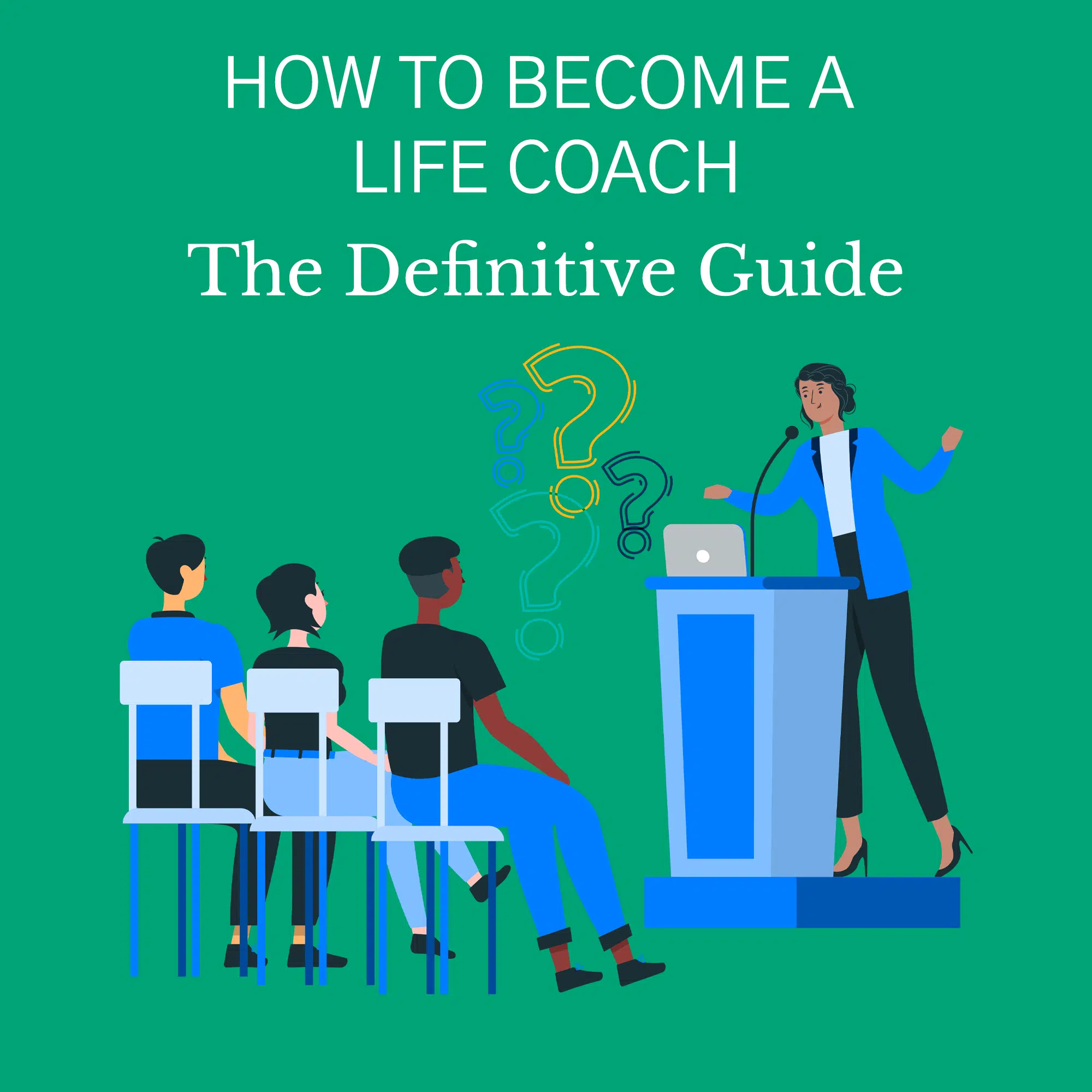
No worries. Let me send you a copy so you can read it when it’s convenient for you. Just let me know where to send it (takes 5 seconds)
Yes! Give me my PDFContents
Chapter 1:
The Basics
Wanting to become a professional life coach is a noble pursuit. It takes a lot of preparation, perseverance, and having the right intentions to help others.
There are many ways in which one can help another person maximize their potential and creating your own unique way is what your journey as a life coach will be about.
Creativity and passion will take you a long way in this field.
But preparing yourself for the business of being a life coach is what this article is here to help with!

What is a life coach?
A life coach is a wellness professional who uses various techniques and tools to help people achieve their personal and professional goals. These goals may be related to health, well-being, wealth, career, business, relationships, emotions or mindset.
A big part of being a life coach is giving actionable advice and enabling your clients to set goals. The relationship between a life coach and their client is a result-oriented one; encouraging growth, reflection, and a new perspective on how to deal with their problems.
Some common misconceptions about life coaches
Coaching is a substitute and new form of therapy or counseling
This can be a dangerous myth to believe. The biggest difference and perhaps most important one is that coaches DO NOT diagnose clients. Therapists have patients, coaches have clients.
Life coaches tell clients what to do
Coaches help clients explore possibilities. This does not include giving commands. Coaching acts as an encouraging support system that helps build the clients self-efficacy.
The difference between a life coach, therapist and mentor
The line between a life coach, therapist and mentor are often confused or misconceived.
However, the ways in which each practices their profession differ greatly.
Here are the key differences between the 3 professions
| Coaches | Mentors | Counseling/Therapist |
| Thought provoking creative process Helps deal with personal and professional issues Deals with specific contextual problems Performance drivenCoach led sessions | Mentors are often required to have some type of seniority Long process Development driven Mentee led sessions Following the path of the mentor | More retrospective aspects involved “Why” oriented License needed to practice as a therapist and counsellor Deals with psychological issues Seen as an authority |
The wellness community is a vast one with many types of coaches and practitioners.
Each practice and outcome is different.
Your Coaching Journey
When you decide on coaching over mentoring or counselling, you have chosen a comparatively free-flowing path. While there are guidelines and general do’s and don’ts – There are no set rules as to how one might go and become a coach.
Every coach’s journey is different, and yours should be too!
Chapter 2:
What Makes Coaching A Great Career Path
The iterative process of change, one that daunts many of us, isn’t so overwhelming with a coach, a partner, and an expert in the field of growth, by your side.
If you like to help people tap their potential on the shoulder and assure them that their “best case scenario” isn’t a far-fetched dream, but very possible reality, then being a life coach is the right job for you.
When getting into a new field, most of us have questions about whether it’s the right thing to do, the right time to do it, and of course, the logistics involved.
However, at this juncture, we urge you to first question WHY you want to take this path.
Here are some questions that can help you figure out your WHY’s – which will make the HOW relatively clearer!

Growth of the Industry
There are many reasons that make coaching a fulfilling career path.
Publications such as Forbes and Harvard Business Review have documented the growth this industry has seen as a strong indication of the value that this profession continues to add.
The pandemic has made a lot of us painfully aware of the uncertainties of life and our utter lack of control over them. This leads to a natural increase in clients who look for guidance in how to deal and even thrive in nuanced situations.
The Earning Potential
According to the ICF Final Global Coaching 2020 Study, the average global income from coaching was reported to be $ 47,100 USD, considering the impact of the Covid-19 pandemic, this is still a 4% increase from the previous year.
$47,000 USD is the average – most successful coaches can earn upto millions of dollars!
| Average annual revenue/income from coaching (USD) | |
| Average USD | |
| Asia | $33,600 |
| Eastern Europe | $19,100 |
| Latin American and the Caribbean | $20,900 |
| Middle East and Africa | $34,900 |
| North America | $62,500 |
| Oceania | $61,100 |
| Western Europe | $51,100 |
| Global | $47,100 |
Low Infrastructural Requirements
To start your coaching business you don’t need to spend a lot on an office space or a store or any kind.
A lot can be achieved with a laptop and a quiet place to work.
You do not need to invest in space or have the stresses of high monthly business costs.
Some common misconceptions about life coaches
Coaching has never been more accessible and sought after.
More people are jumping on the self-improvement bandwagon and you want to be there to catch them. An ICF Study illustrated that coaching is up by 38% in the last 8 years.
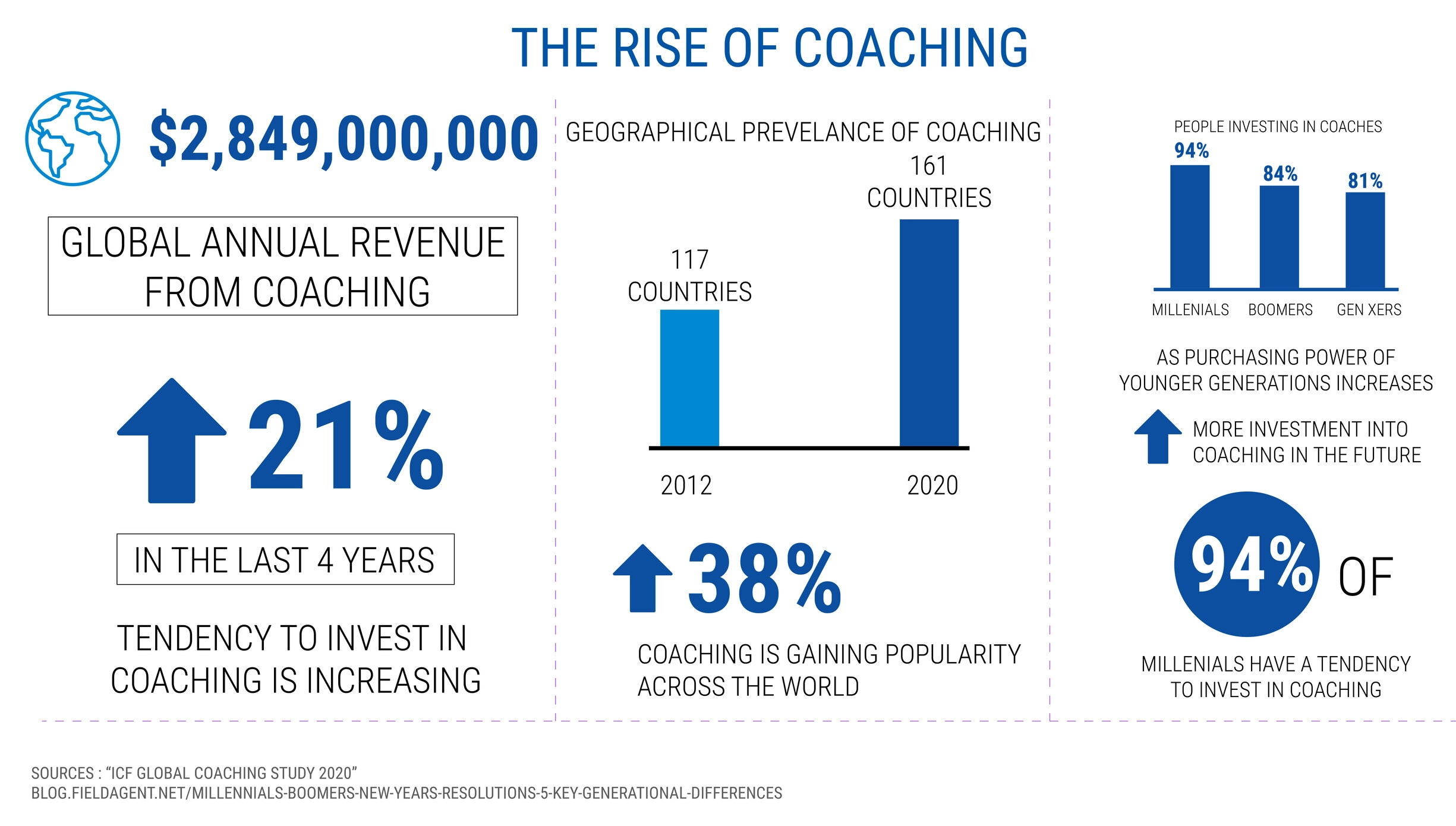
Now is a great time to start building your coaching business and grow with the industry.
We see an increase in investment and popularity of coaching that is only more likely to grow;
with 94% of millennials seeing the intrinsic value of investing in coaching.
A Fulfilling Career
Being able to create a positive impact in our environment is inspiring work.
Guiding a process with people who strive for a higher life purpose can be both enlightening and humbling.
Here’s what some coaches have to say about their experience of becoming a coach
Sri Vegasana – Coach Since 3 Years
“Becoming a coach has unleashed my ability to impact other people’s lives in hugely positive ways.
As I coach senior leaders, with many people working for and with them, the effects of their personal insights and improved skill sets, spread wide and deep.
It reduces suffering in the world and instead leads to greater connection, greater humanity and more joy.
Becoming a coach has led to further fulfilment of my own life’s mission and I’m only just getting started!”
Nadine Zeinoun – Coach Since 9 Years
“Becoming a coach changed my whole life.
First it brought me more self-awareness and this helped me change many aspects of my life especially my relations with people.
It made me understand that every person, no matter how different he/she may be from me, actually has many strengths and many things to give to this world.
I now know how to notice my intuition and my emotions, and actually be curious about them rather than suppressing them and this has helped me a great deal in understanding who I am and what I stand for.”
Chapter 3:
Is Becoming A Life Coach The Right Path For You?
The reality of becoming a life coach is that it simply is not for everyone. However, the path to finding out whether it is for you or not has the ability to be personally transformational!
From learning what your expectations are to the problems coaches face and what it takes to create a successful business as a coach, the journey is a rewarding one.
So let’s delve into helping figure out the possibilities that await the true you!

Does creating your own path excite you?
As coaching is one of the lesser regulated professions, it is also one with a lot of freedom.
You have the freedom to figure out exactly what type of coach you want to be and your own journey of personal growth will act as a strong compass.
Getting started is easy!
You’re excited about the idea of becoming a coach, it gets more appealing the more you read into it – but how do you know you’re right for the role?
People from all walks of life end up becoming life coaches through their own journey.
I am a testament to this being possible. When I started coaching, I was stranded in Bali with nothing but an old laptop, a microphone and less than $400 to my name.
This being one of the many examples that enforce the idea that YOU can start on this path with low investment if you know how!
Chapter 4:
The Personality Traits To Develop to Succeed as a Coach
The role of “coach” is a multifaceted one with fluid boundaries. There are many ways to figure out the kind of coach you want to be and what qualities you find inspirational.
Taking classes, talking to people and diving head first into the considerable world of coaching would show you what traits and aspects you appreciate in others and feel you yourself would have to offer potential clients.
Here are some personality traits that a life coach should emulate.

Being present
What It Means
Being truly immersed in the conversation with someone allows us to observe subtle cues and signals from clients that they might not be aware they themselves are communicating!
Being present allows us to focus on their body language, their eye movements and absorb the entirety of their concerns.
Exercise to Become Better At It
You can develop the skill of being present by focusing on current activity and your inner world instead of shifting to the past or future.
An excellent exercise to practice this would be to choose one repetitive daily activity and consciously focus on being more present every time you practice it.
Empathy
What It Means
Understanding your client’s emotions will help breakdown barriers of communication that they might have while sharing. Empathy makes your client feel seen and heard in a more personal capacity which would lead to their trust in your ability to help them with their goals.
Exercise to Become Better At It
Practice → One way to develop your empathy skills is to read voraciously.
→ Reading fiction, nonfiction, newspapers, journals, and online content that captures people’s lives from different backgrounds increases our emotional intelligence and our capacity to empathize.
→ Find writers with unique stories to tell. Enter the lives of their characters, their feelings, and thoughts.
→ Admit you have biases – we all do. Coming to terms with them helps us to see our own empathetic blocks.
→ Have conversations with people who are different and make an effort to get to know them beyond the surface.
Listening skills
What It Means
Active listening is a good skill to develop; this involves paraphrasing and reflecting back without judgement.
Letting someone know they are being heard and encouraged to open up more through verbal and non-verbal cues will go a long way to put the other person at ease while sharing.
Active listening is a pattern that keeps you engaged with the conversation.
This is a positive way to communicate with a client and helps you build a strong rapport.
Exercise to Become Better At It
Practice → Try practicing active listening with whoever you meet or talk to. It shows the speaker that you’re interested and using active listening techniques, such as paraphrasing, helps to ensure that you correctly understand what is said.
→ Try using nonverbal cues (nodding, eye contact, etc.) and verbal affirmations (“I understand,” “I know,” “Thank you,” etc.) in your conversations.
→ Remember to maintain eye contact and face the speaker to give them your attention, don’t interrupt the speaker and think about what the other person is saying and not what you should respond with.
Curiosity
What It Means
The best way to get to know anybody, is to actually care and be curious about them; their wants, needs and issues. Curiosity pushes you to ask more questions and help them understand themselves too.
Exercise to Become Better At It
Practice → In order to hone this skill, develop an insatiable curiosity about the particulars of those you meet.
→ Spend time with people you know less well, and ask them about themselves, how they are, and what their life is like.
→ Follow people from many different backgrounds – religious, ethnic, political – on social media and listen to what they have to say.
→ Be present when you talk to people. Recognize the subjects that make them passionate, happy, or sad.
No judgement
What It Means
It is imperative that your client know the space created by the coach is a judgment-free zone. Understanding that their view is accurate to them, and proceeding accordingly without chastising your client or being judgemental.
Exercise to Become Better At It
Practice → One way to become judgment free is to first examine your biases. We all have biases, and they impact our capacity for empathy. Often without knowing, we judge others on the way they look and how they live.
→ Find opportunities to mix with people from other backgrounds.
→ Talk to people about the important things in their lives. While recognizing the similarities we share, be interested, without judgment, in the differences.
→ Research has shown that working together on community projects can help heal differences and divisions and remove biases
The above traits and practices are a way in which you can gauge your personal skills and hone them further.
Life is an ongoing process of self-improvement and as a coach, it is even more so – so doesn’t be intimidated by the list, you’re already on your way!
Chapter 5:
Find Your Coaching Niche
Solely understanding and developing your personal skills won’t help you to get high-paying clients. You will need to find your audience in order to apply these skills!
Finding an audience who will be best helped by you will help you lay a strong foundation for your coaching business.
Niching effectively can help you achieve this foundation and take your coaching business to great heights.

What is Niche?
So, what is a niche? A niche is a specialized segment of the market defined by products and services that appeal to a unique and specific audience.
The more specific you are in WHAT you can deliver and to WHOM, the more sought-after and highly-paid you will eventually be as a coach.
There is widespread confusion around formulating a niche. Not all niches are equal, and some niches aren’t even niches at all.
Many coaches make the mistake of calling a demographic their niche.
Finding a great niche is all about falling in love with a group of people whose challenges you really understand, where your gifts, experience and coaching skills can add great value.
Why to Niche?
People want specialized solutions to their specific problems.
Every brand or business needs to serve a clearly defined niche, because not only is universal appeal rare, but it’s unlikely and totally unbelievable that a service or product can help all people, all the time.
Finding a great niche is all about falling in love with a group of people whose challenges you really understand, where your gifts, experience and Coaching Skills can add great value.
Formulating your niche
First, “Know Thyself”.
It seems so obvious, but sometimes coaches forget to check in with their desires as they search for potential clients.
If you’re in this for the long run, you want to create a business you actually enjoy. It’s an awful feeling when you put a ton of time and effort into building something, only to realize months or years down the road that you hate what you build.
Take a deep dive into the things you enjoy doing, and then ask yourself two questions:
- WHO do you want to target?
- WHAT do you want to do for them?
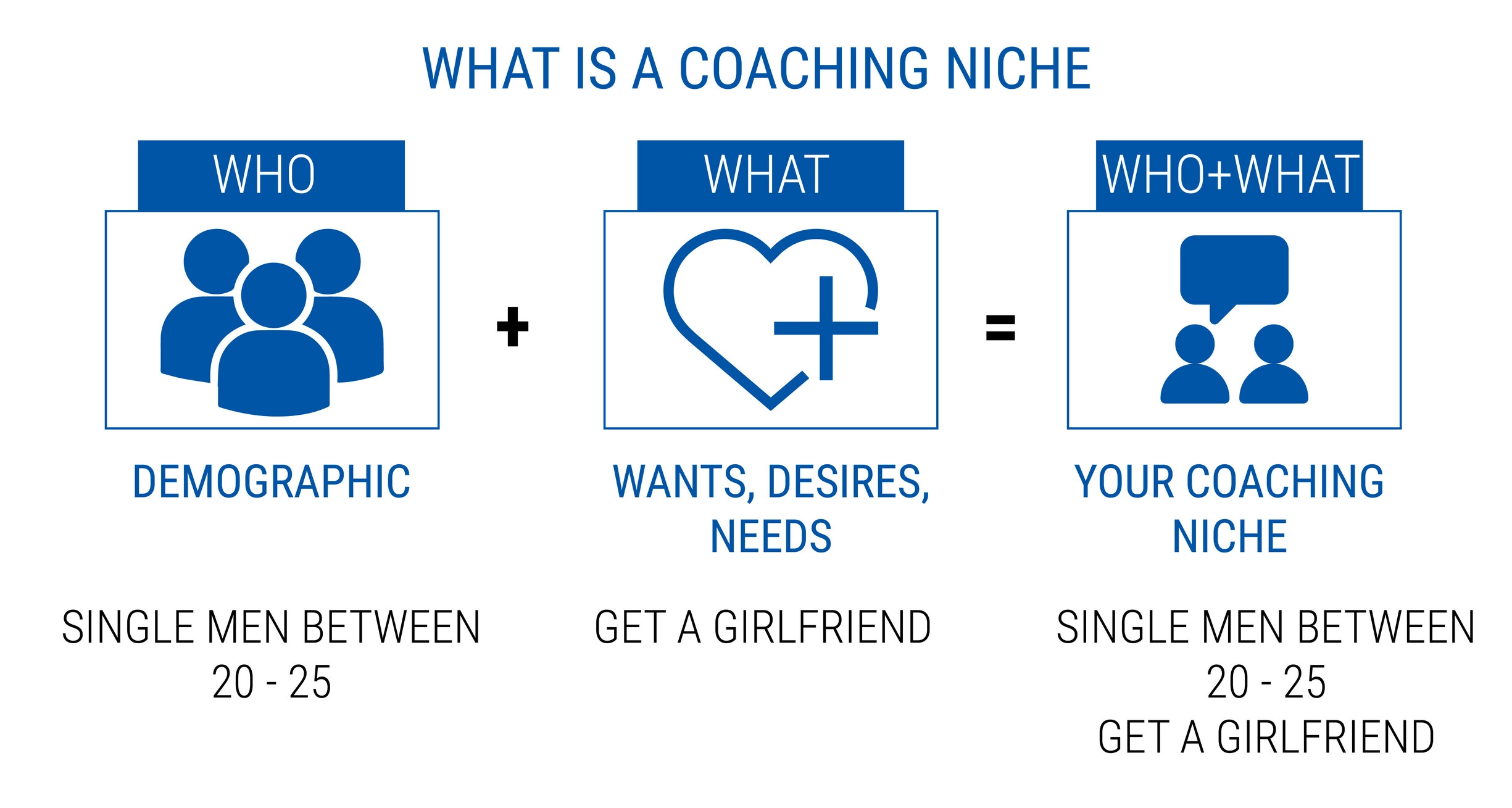
For answering these questions first identify your top niche possibilities. Look at the clients you most would love to work with.
What do they have in common? Who are the people you are most drawn to potentially work with work-at-home-moms? Business owners? Leaders? Soul seekers?
Look at the type of work that gets you most excited. What do you feel called to do in this world?
What type of work most aligns with your values? For instance, you may not want to commit to training CEOs in coaching skills if that means you will be on the road half the time.
Once you are able to roughly form the WHO and WHAT you will be able to more clearly look at the bigger picture.
Validating your Niche
In order to validate your niche, we recommend using the Niche Diamond. This method employs asking 4 basic questions:
- Are You Passionate About Serving Your Niche?
- Is Your Niche Abundant and Easy to Reach?
- Will They Be Able to Pay You?
- Are They Willing to Pay You for The Problem You Solve?
Are You Passionate About Serving Your Niche?
Now that you’ve clarified the things you enjoy, it’s time to take a look at the challenges your audience is facing and the opportunities they seek.
Your formulated coaching niche should be able to inspire you.
There have been instances where coaches lose interest in their niche because they didn’t introspect deeply enough at this stage – causing them to have to restructure and essentially do double the amount of work later on!
Choosing a niche because it is one where you may make a lot of money should not be the only reason.
You should be passionate about your niche; this will allow you to empathise with your clients on a deeper level. You need to know their needs, hopes, fears, desires, and the obstacles they are facing.
This will not only allow you to serve your clients better but you will also know who you’re looking for and where to focus your marketing efforts and dollars. Focus plus action brings results.
You will know where to focus your research efforts so you can intimately understand your niche, the problems they have and the language they speak.
The greater your level of understanding, the more magnetic you’ll become.
Your marketing message will be very clear and focused and will speak to the needs (ears) of your niche. People will know exactly who you serve and what results you produce.
Is Your Niche Abundant and Easy to Reach?
Remember you want a crowd of prospective clients who are eagerly, even desperately seeking to resolve a problem that you have the solution for – and are able and willing to spend their money buying that solution from you.
The crowd/audience that you are targeting should not be too small as even if you market yourself obsessively to your niche it is highly unlikely that you could gain a monopoly of the client base in that niche.
Having a broad /general niche will not be beneficial as if you do, you will just be one of a big crowd competing for clients.
Your niche should be easily accessible and within reach. You should be able to ensure that your marketing strategies actually are able to reach this target audience.
The last thing you want at this stage is to misjudge WHERE you can find your niche. Doing active market research into the niche you’re looking at will help avoid mistakes like searching for your crowd at the wrong place.
There was a coach who invested a lot in targeting his niche online – only to discover later that the niche did not exist online!
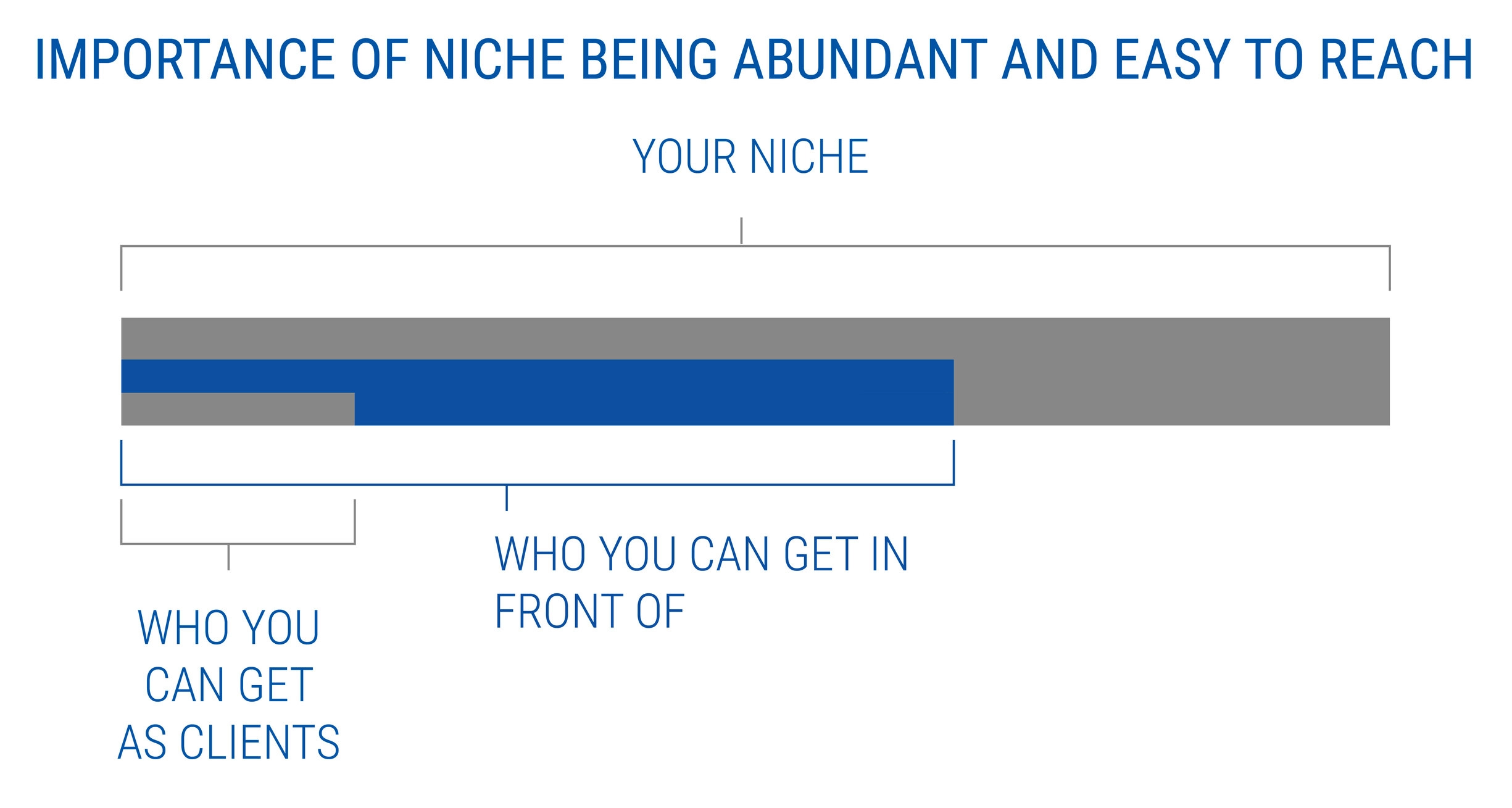
Will They Be Able to Pay You?
You may feel your passion is to work with a certain type of client, but are those clients people who can afford you?
In this case, you will be hard pressed to find clients who will actually be able to pay you well for what you are offering though what you are offering is quite valuable.
Are They Willing to Pay You for The Problem You Solve?
Speaking of getting paid, there are only three things that potential clients are willing to pay for.
- To Be: In other words, to be that version of themselves that they are dreaming of. Think about what kind of obstacles your niche has that is stopping them from being that person and will they pay you for helping them guide through them.
- To Have: People might want to have more wealth, more freedom, better mental well-being, better relationships, or a better career. Again, ask yourself how tough is it for your niche to attain that goal and whether they will be willing to pay you for your services in order to achieve those goals.
- To Feel: People want to feel happy, loved, confident, and healthy. Is the problem your niche is facing painful enough that they feel compelled to open their wallets and pay you for helping them overcome it.
Crystallizing Your Niche
If your Niche is able to answer yes to all the above questions then you are ready to move on to the next step. If not, go through the Niche Diamond again and crucially think about all the questions.
Now take a moment and analyse the niche you have come up with for yourself.
You might not have 100% clarity, and that’s normal, because total clarity comes only after you’ve actually worked with a client and further refine it.
Chapter 6:
Life Coach Credentials & Certifications
Now that you have clarity on your niche, you need to start forging your coaching resume.
The first step towards becoming a trusted coach is to get some kind of specific coach training and getting certified as a professional coach.
Getting the right training and credentials can mean the difference between struggling to develop trust and reliability in new clients versus getting clients who are excited and have faith in collaborating with you.

Prevalence of Certifications
As of 2020, almost 99% of coach practitioners reported that they have completed some coach-specific training and over 93% reported that they have completed this training through programs accredited/approved by a professional organization.
Although the sample used for this Study was mainly from the ICF’s Member database this doesn’t change the fact that over 55% of people and organizations who opt for receiving coaching expect their coaches to be certified/credentialed.
It’s an interesting finding when compared to their 2015 report. This number has nearly doubled which signifies that people looking to use coaching services are putting more faith in certified/credentialed coaches.
How do we compete in a market where most coaches hold a credential?
There are no universal standards for the coaching profession and the same goes for the organizations that train coaches.
Well-paid coaches generally work in a niche and the contours of that niche are usually evolved by the coach himself independent of any training he might receive (therefore I can’t stress enough the importance of having a well-defined niche).
While getting accredited won’t automatically get you clients, it can go a long way in building trust and reliability in your brand. The most important thing to a prospective client is, can this coach help ME specifically?
Even if getting accredited is not the only benchmark for being a good coach we highly recommend that you get certified as it does go a long way in helping your clients.
Before contracting your services clients will check whether a coach has had any formal training.
It will be easier for them to gain your trust if the institution from which you received coach training from is accredited and recognized.
Eventually clients will decide to use your services if they like you; if they feel a connection, and see that you can offer the solutions they require.
Coach training will help you provide these solutions to your clients.
Thus in order to address your clients problems dependably we recommend you do opt for getting trained by a reputable institution.
If you want to get certified, here are some things to keep in mind to make a sound choice.
Understand Accreditation
Not all coaching qualifications are created equally. Be sure that you are aware of which ones are worth more than the paper it’s written on.
As a rule, you want to choose a course that is professionally accredited, the three major, international coach certifying bodies are International Coaching Federation (ICF), European Mentoring & Coaching Council (EMCC), and the Board-Certified Coach – Center for Credentialing and Education (BCC).
Any training course accredited by these bodies will have gone through a rigorous quality assurance process hence choosing a course accredited by these organizations ensures that you will receive excellent training experience.
Price really has to do little to do with the effectiveness of the materials
High prices don’t necessarily reflect high-quality training.
Don’t base your judgment solely by the prices of the courses but go deeper into understanding why one course is more or less expensive than the same course offered in a different institution.
Read Student testimonials
There is no better way of gauging the credibility and authenticity of a school than reading their student testimonials.
They may be biased in the way that they will always portray the institution in a positive light but the main idea of the testimonials is that they are trying to attract certain kinds of students.
Reading them will give you an idea of whether you are a good fit for that organization’s student profile.
Verify the school’s philosophies align with yours
Select an organization and course that goes with your lifestyle, includes your interests, and more importantly how you view yourself as a life coach.
Your philosophy about what an ideal life coach is should be the most crucial aspect in deciding the kind of school and course you want to go to.
For example, if you believe that coaching should not be advising or mentoring but rather a collaborative effort between the coach and the client then you would gain little from going to school which teaches an autocratic way of coaching.
It’s important to verify that the school’s philosophies line up with your own. Unfortunately there have been instances where people did not complete certifications they signed up for because they were not getting what they expected.
Research is important at all stages.
Look for a school that teaches in your desired niche or target market
Zoning in on a niche will help you choose a course that you can gain the most out of.
Once you have decided upon the qualitative aspects of choosing a potential coaching school, we can now consider the technical aspects of credentials.
What kind of training is available?
Generally, there are 3 formats or styles of coach training available; In-Person traditional learning (live classroom-based), Virtual learning (purely online), and Blended learning (mix of both).
- In-person traditional learning more often than not will be more expensive and less convenient if you are transitioning into becoming a life coach. However, the benefits would range from more immersive learning to in-person feedback and more interaction between trainers and students.
- Virtual training would be the most affordable and at its price point have the highest amount of flexibility. Although this comes with a number of caveats which are less oversight, less interactive sessions, no credentialing and students will have to find practice on their own partners/clients.
- Blended Learning offers you the best of both worlds at a reasonable price point, you can learn at your own pace, and allows for greater integration of the skills that you learn. You also get one-one interactions and a community of peers and trainers who can rely upon, unlike purely virtual-based learning. The only cons that may arise are that feedback may not always be immediate and students may still need to find practice partners/clients on their own.
(Note: Due to the Covid-19 pandemic many schools/institutions have paused in-person training until further notice)
Ultimately, choosing the best platform will depend on the proportions of resources available to you in terms of time and money.
Unless you have enough time to join a full-time in-person course, perhaps opting for the blended learning platform as it offers you marginally higher benefits compared to the virtual based learning platform.
What kind of group sizes work for you?
Do you learn and work better in large groups of 100 people or smaller groups of 20-25? Do you like bigger groups with the vibe and energy that comes with them, or do you prefer a more focused and personalized group?
Does the course include observation, mentoring, supervision, and encourage reflective learning?
Be sure that the course you are interested in offers the opportunity to be mentored, and for your coaching practice to be observed and supervised even if it is online or via phone.
Being in a constant feedback loop is extremely crucial in order to hone your skills as a coach. Make sure that your course includes some form of mentoring, supervision, and observed practice.
Does it have a rigorous qualification and assessment process?
How do you know if you are ready to complete your transition from training and learning to taking on real-life clients and becoming a professional coach?
Well, one way is knowing that you have been assessed and qualified based on a good standard.
Having a rigorous mechanism in place is also a good indication of a good system of oversight and reflective learning in place.
Does it have a strong support system and a strong community to support you during and after training?
Once your training ends, your journey towards becoming a great coach has just begun and a strong support network can be helpful during training and after training in your career.
Research if the school you wish to go provides this network. Inquire upon whether they have former students coming in for providing support, guidance and ideas to help you with your own coaching practice.
Whether these former students themselves collaborate, have discussions, refer clients to each other, and share ideas and whether all of it is enabled and encouraged by your prospective school.
Transparency
Any meaningful training organization worth its salt should be completely open, will usually have a course consultant and offer you a taste of their syllabus or will be able to answer what exactly their courses entail.
Allowing you to gauge what you expect from your training and how well it fits with it.
Similarly, any credible organization should be completely transparent about its fees and will usually and not have any extra/hidden charges.
Any sort of confusion which the organization cannot clarify or they are reluctant to openly discuss it should be a red flag.
I had a student that was not particularly satisfied with the answers a course conductor gave them, but went ahead and signed up with them anyway. He later regretted opting for the course and not taking that interaction as a sign that the course was not suitable for him.
Choosing Not to Get Certified
That being said, it’s true that many successful life coaches choose not to get certified through any institution.
There could be many reasons that you choose not to get certified, whether the certification is not worth it’s value or you may not have enough time or you think it’s not worth it for the niche you are focused on.
Many life coaches come from a background of working with people, such as counseling, personal fitness, nursing, massage, etc. However, the majority of coaches do not have an official background. Instead, they bring with them either 1 or both of the following:
- Life experience
- Work experience.
Often coaches coach in a specific niche, in-which they have unique knowledge and experience. For example, entrepreneurs coach business start-ups, personal trainers become health coaches, speakers coach others on public speaking, etc.
In most cases, coaches enroll in training programs to hone their skills and learn strategies for growing their coaching practice.
This gives them a foundation of understanding about what coaching is, the psychology behind it, and methodologies and processes used.
Ultimately, what training you need in order to coach is up to you. Again, there is no law that requires coach training of any kind.
One another important thing is to build up testimonials and references from friends, family, and coworkers who you’ve coached or advised, professionally or otherwise.
This will not only help you build word-of-mouth for your coaching business but it will also help you show credibility to potential clients.
Many skilled and successful coaches aren’t certified. Look at the people you respect most in the personal and business development industry.
Likewise, there are a lot of terrible coaches out there who are certified. The correlation between certification and success is weak at best.
In most cases, coaches enrol in training programs to hone their skills and learn strategies for growing their coaching practice. This gives them a foundation of understanding about what coaching is, the psychology behind it, and methodologies and processes used.
Ultimately, what training you need in order to coach is up to you. Again, there is no law that requires coach training of any kind.
What Coaching Schools Don’t Teach You
As author Steven Pressfield says, “research can become resistance. We want to work, not prepare to work.” If you want this, the only person whose work matters is your own. Don’t think that certification is going to give you the courage to get started.
Well one thing that is important to realize so you can be successful as a coach is that there are gaps between what you learn(ed) in coaching school and the actual practice of coaching.
One coaching school can’t possibly teach you EVERYTHING you need to know about the art of coaching. There are multiple aspects to coaching apart from the interaction with your clients and coaching schools don’t cover all of them.
There is the business side to coaching and coaching schools will not teach you how to get out there. How to market yourself. How to generate leads via online marketing, joint ventures or referrals. How to turn those leads into paying clients. How to retain clients. How to manage your billing and payment system.
99% of the coaches I mentor have certifications and are by all criterias great coaches, but they struggle with getting clients! This is where I come in.
Certification or Not, There’s one more important thing
Chances are, you already have what it takes to be a coach. The part you might not have is how to be a business professional—the finesse of knowing how to sign clients that you know will benefit from your services.
The only way to be a pro is to work at it relentlessly, believing in the work you are doing and choosing each day to give it 110%. A certification isn’t going to have any bearing on your motivation, so don’t make the mistake of thinking it’s a prerequisite to the rest of your life.
You have to treat your coaching as a business, only then you will be able to compete and grow your client base in the long term.
How do you Become a Coach without Certification?
STEP 1: Get a mentor who is also a coach
The best way to learn the ins and outs of coaching and the business side of it is from someone who has already been through it.
Thus, your number one imperative should be to invest in working with a coach who has built the type of business that you want to build. You resonate with their message, you like the way they coach, they have been successful at making a full-time living from their work.
Listen to how they build their business, their coaching style and incorporate the systems they have in place by moulding them to your skill-set.
STEP 2: Get clients
At this point you might be asking yourself, “How do I get clients if no one ever taught me how to coach?”
Here’s the deal: you don’t need outside permission in order to serve someone. You can start coaching now. Chances are, you’re probably already helping people in your own way.
Offer to have a limited number of free conversations with people who are struggling with a specific area of their life. Focus on the results they want. Get on the phone with people and actually do the work.
As you’re doing this, feel free to get training, read books, and work with your own coach on what those sessions should look like. Do some buddy coaching with people so that you can get feedback on where to improve. Just remember that eventually, you’re going to have to start selling.
STEP 3: Get results
Your clients and you should only care about the results from your coaching and nothing else will matter as much.
So how do you get results?
From deliberate practice. From listening to recordings of your coaching. From applying new techniques and asking new questions. From taking the extra five minutes after each call to figure out what went well and what didn’t go well.
This is how actual people achieve mastery in the real world. You can’t become a great coach in a classroom. You have to actually live this stuff.
Most coaches never do. They’re hoping that they can just get the certification and then move on. They aren’t actually interested in growing themselves.
Step 4: Build Trust and Credibility Without a Certification
Once you have delivered results, you have to make sure that these results are visible to potential clients in order for them to gauge you as being a credible and reliable coach they can go to.
Credibility can come from your personal success story, your client results, even the other experts who you are associated with.
The ultimate form of credibility is having your potential clients feel 100% that you understand their situation and that you have the solution to their problem.
Therefore, an important way to build up trust and reliability is to invest your time in asking your clients for their testimonials and references.
References can come from anywhere, from friends, family, and co-workers who you’ve coached or advised, professionally or otherwise.
This will help not only help you build word-of-mouth for your coaching business but will also help you show credibility to potential clients.
Chapter 7:
Pricing Your Coaching
Now, something they may not have taught in coaching school is how to price your coaching services?
Putting the right price in the right way for your coaching can be the paramount factor in attracting clients who are excited to work with you while keeping your motivations to coach them high.
So, what is the right way to price? Let’s get into it.

Finding a Balance
High fees can drive clients away, while low fees might make them think twice about the quality of the service that you will provide.
With that in mind, how do you determine a reasonable price for your coaching packages?
It’s a question many new coaches have trouble answering because they are not sure of their value or what is right for their target market.
Determining your life coaching fees will depend on your experience, how you market yourself and the niche or specialty you work within and your expenses in delivering your coaching.
Let’s begin with one of the most common ways coaches price themselves.
Hourly billing
This may seem the simplest way to bill your clients is billing them by the hour.
At first, you may not have any idea how long a given project or engagement will take, so instead of risking a bad calculation (you think it’ll take 20 hours, but it actually takes 200), this approach may make sense.
On the plus side, it’s clean and simple: they agree to (let’s say) $100/hour, and you worked 10 hours, so obviously the fee is $1000.
It’s also what many people are familiar with, because their own lawyers and accountants charge that way.
But there are significant drawbacks, including the intensive record keeping this form of billing entails, and the level of scrutiny it invites.
Clients often feel entitled to ask, “Why did this take two hours, instead of one?”.
Additionally, your pay is capped both by the number of hours you work, and clients’ hesitation to pay high hourly rates. This is one of the worst strategies when you are just entering the world of coaching.
Charging by the hour can push you to the comparison trap; clients start comparing the value of that hour/session with alternatives which are tangible in nature.
For example, if you are charging $100 for a session, your prospective client is immediately going to associate it with what they can buy for $100. It may be a good meal or new shoes, nevertheless, they might compare the value of the session to something that brings other benefits.
Coaching is not a quick fix, and although some one-hour sessions can feel transformational, the lasting change comes from developing that powerful relationship with your client, increasing the level of trust and supporting them as they create what they want in their life. It’s a process that doesn’t happen overnight.
Charging by the hour is in fact disincentivizing you to GET faster or to BE more efficient.
For example, if you approach a client on an hourly basis and you only get an hour’s pay, whereas if you take 20-40 hours to get results, you can invoice for a higher amount. Further if you believe you set aside 30 hours to work with a client, and it ultimately only takes you 25 then you’ve just lost 5 hours of pay. And as you’ve blocked that time, you’ve perhaps turned down some other client that could have filled those extra 5 hours. Double loss.
You’ve lost any incentive to work harder, to hone your skills and find ways of helping your client to the same (or higher!) standard, in a shorter amount of time. Which ultimately means a disservice to your clients and a disservice to yourself.
We suggest moving on from this form of pricing fairly quickly to an outcome-based packaging model.
Why Packaging Matters
There are two perspectives that we need to consider here.
One on the client-side and other on the business side.
On the client-side, packaging your services ensures that there won’t be any commitment gap.
Your clients want to ensure that you are trustworthy. They should not regret the collaboration.
When you package your services not only you are being transparent about what your services will entail but also how you will deliver them.
The client and you will enter the relationship with meaningful and reasonable expectations about what both of you wish to achieve from the package that the client chooses.
On the other side, packaging your coaching services means that you create payment plans. This way you open the doors for more predictable income. Once you are aware of the predictable income down the line you can concentrate on strengthening your services.
Just imagine the other way round. You are worried whether your clients will renew the sessions or not and hence your entire focus is on the growth and sales. Packaging your coaching services help you to avoid this situation.
Let’s make this clearer with an example.
Suppose there are two listings
Piano Lessons for Beginners – $50/hour
And, then there’s this one:
The Piano Starter Series – Start playing your favourite songs in just one month! $400
Both options are taught by experienced teachers, and each offer a 1-hour lesson each week. Sure, the second option is literally double in price than the first. But you want to learn piano fast, and the second option ensures you’ll learn how to play a song quickly.
The same goes for coaching. Your clients have a specific problem, by packaging your services into a system that solves that problem, you can charge far more—even if it’s the same number of hours on your end.
By packaging your coaching services into a system that resonates with your clients you can charge much more. That too for the same no. of hours.
How To Package Your Coaching
Crafting online coaching packages can take some experimentation. As you get acquainted with your target market, you may want to shift and tweak your pricing and deliverables along the way.
While it’s good to test your online coaching packages over time, you need a solid foundation to build from, especially in the beginning.
It’s important that you sell the RESULT.
Remember people don’t want to buy your time, they want to buy OUTCOMES.
Once you’re clear on the result and the transformation your clients want, creating your packages becomes simple: Create a step-by-step system that gets your clients the results thereafter.
Depending on your coaching niche, you’ll want to look at competitors in your field to get an idea of what kinds of coaching packages others are offering.
Every coach takes a different approach when building their packages, so don’t feel like you need to build the same packages to be successful. If anything, your packages should be unique so you can offer a higher-level client experience.
When you look at your competitors, you should notice:
- What do they include in each package?
- What do they highlight in their services page copy?
- What do their client testimonials highlight as a part of the experience?
- How much perceived experience and training do they have?
- What does their pricing structure look like?
Once you do some research on your competitors, you can start to pull out what might work best for you.
If one coach offers packages for three months of support, it might inspire you to create a similar package but with a different number of coaching sessions inside.
Again, you don’t need to directly copy someone else’s coaching packages.
You only need to gather research so it can enhance your own understanding of what options your ideal clients have when they are looking for an online coach.
The Tiered Pricing System
Once you’ve done your research and have a list of what you want to include in your packages, it’s time to create different tiers for your online coaching services.
What’s included in a private coaching partnership will be different from a group workshop.
When you create your list of coaching services, you can brainstorm future services you’d like to grow into while focusing on two or three coaching tiers at the moment.
It’s best to focus on selling a few services rather than trying to sell clients on dozens of choices.
Sometimes it turns into an information overload for them and totally overwhelms us!
The big mistake that many coaches make is that they have only one price point.
When you do this, you are putting the client in a situation of saying, “Yes”, “No”, or, “Can we negotiate?”
That is not a great way to start a relationship with a potential client. Often, you will get a “no” to the price you propose, or the client will come back and try to negotiate your price.
Since everything is bundled in one price point, they will come back and say, “What if we didn’t do X? Could that bring the price down to Y?”
When you propose one price point, you put yourself in a position of negotiation and you put the client in control. Alternatively, when you propose three price points, you take control.
Three Tier Pricing
To set up your three-tiered pricing you will have a low, middle and high price point package.
The low price point: This is your bare minimum package or a taster package.
This partially addresses the client’s main problem but doesn’t include everything that they want. This package should be designed so that clients don’t want to take it unless they can’t afford anything else.
The middle price point: This is a more luxurious taster package and should be priced roughly the double of your taster package.
This again partially addresses the client’s main problem and provides the double amount of your time and resources compared to the taster package.
However, it still doesn’t completely address the client’s main problem.
The high price point: This is your ideal package.
This is where you include all the bells and whistles or additional upsells.
In this package, you include all your services and compare to the other two packages you offer exponentially more value and address your client’s problem wholesomely.
The other two packages are there to ease the client into choosing this package which offers marginally higher benefits for its price compared to the other two packages.
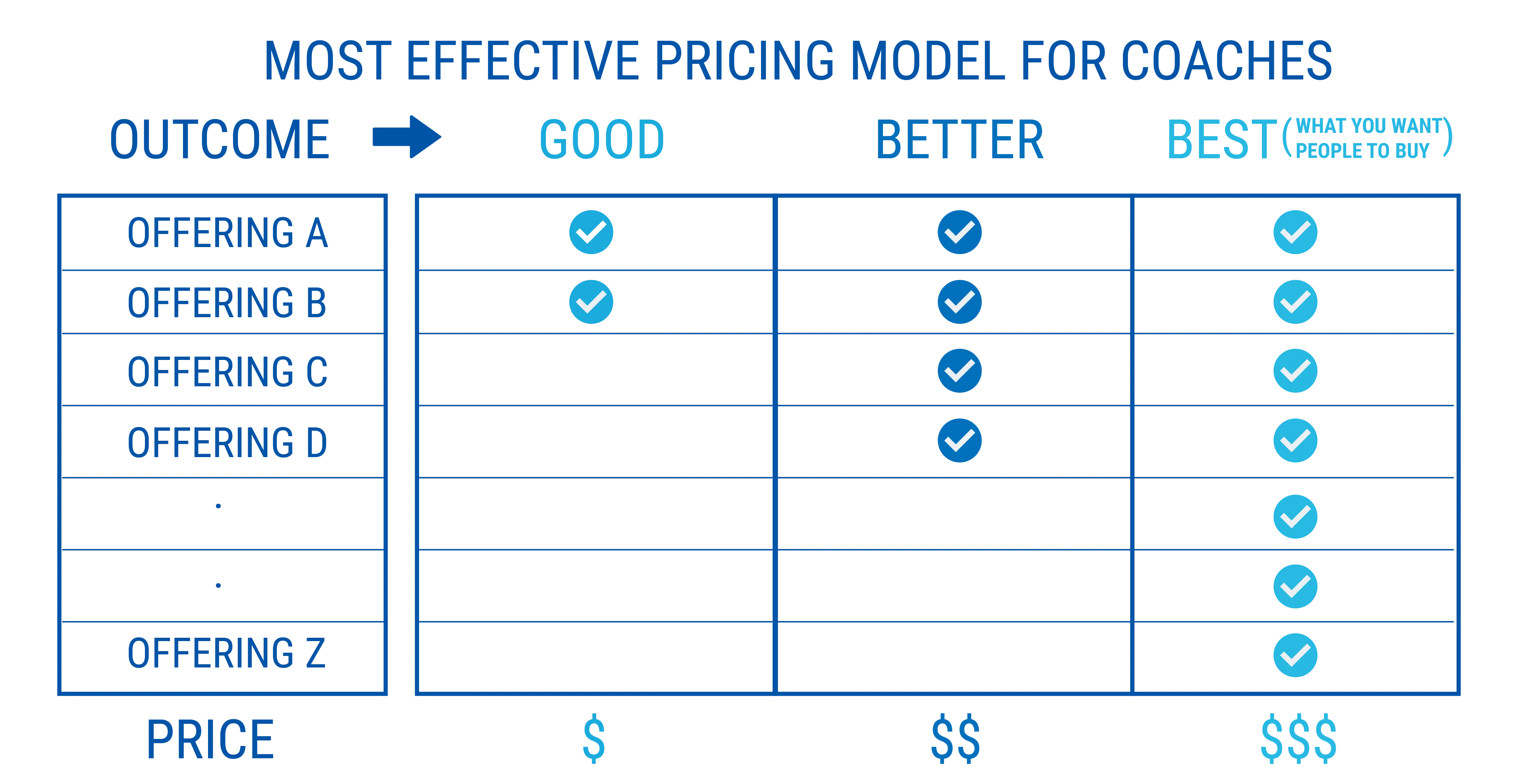
The Advantages of Three-Tier Pricing
You now may be asking then why not just provide the high price point package and make it simpler for your clients? When you propose three price points, it does two major things to help your business:
- First, it shifts the conversation in the client’s mind from, “Do I contract this person’s services or not?”, to, “Which package do I contract the services of this person for?”
That is a powerful shift. As soon as you start doing these tiered packages, you will hear less of the word “No” and more “Yes” to different package levels.
- Second, it puts you in the position where you don’t have to negotiate.
You have already laid out three different options of value and price points. If a client can’t afford the high option, then they get the middle. If the client can’t afford the middle, then they get the low.
When you set up tiered pricing, you are putting yourself in a position where you don’t have to negotiate. Instead, the client can choose the package that fits their budget and needs.
This is how you package for success!
Chapter 8:
Marketing yourself as a coach and getting leads
Attracting the right clients you would love to work with is something that many coaches struggle with.
Creating a brand for yourself that upholds your business statement and values will make sure you attract clients that resonate with your ideology.
Understanding what marketing tools you need to use as well as how to grow your online presence.

Building Your Online Presence
In today’s digital age, having an online presence as a coach is of paramount importance.
47% of smartphone users claim that they would pay no attention to what a brand or service has to offer if they didn’t show up in an online search.
If you aren’t taking advantage of online marketing channels, you will soon hit a wall and find it difficult to grow your client base and reach your desired audience.
Creating Your Website
After a quick search of your name/brand a solid website can provide potential clients with a strong base to discover your business.
A website helps prospective clients find out more about your skills, your approach, and what you have been up to recently. By accumulating all your social media links, your body of work (videos or articles) and testimonials from your clients will further enhance your credibility.
Ultimately, having a high-quality, professional-looking website reflects positively on your business so it’s worth taking time and resources to get yours up and running.
Mention on your website as clearly as possible HOW your coaching will help them solve their main problem or the challenges they are facing.
Ask yourself (and potential clients):
• What is the biggest problem they are facing at the moment?
• If you could change one thing about your life right now, what would it be?
• How can you help them as a coach?
Ensure you have an effective website (not a complex one)
You don’t need to have a perfect or a complex website. You need to have an effective one.
Needing to be perfect is just a way of procrastinating and putting off action.
Good enough is good enough, there is no perfect.
Think of a website as a representation of what you do, who you are and what you want your potential clients to see. A good coaching website, in retrospect, should enable you to convert traffic into high paying clients.
If you are not experienced in building websites then you can hire an expert who can help you with the proper website.
Avoid hiring a random web developer to build your website. Instead hire an expert who knows how a coaching website should be.
This will save you time and effort so you can concentrate on actually running and growing your coaching business.
Let’s look at the important components for your effective coaching website.
Components of an effective coaching website
- Clarity:
First impressions are everything on the internet.
You need to impress without seeming too abrasive, or showing off, and you need to identify with the issues that specific clients have. And you have to do this within the first 15 seconds of their visit!
This means conveying your core business clearly and how it can help your potential clients. This also means keeping your content short and simple and attractive enough to keep them longer.
Avoid using vague words and ambiguous sentences.
Even if it is short this part should add value to the niche you are targeting so avoid using sentences or words which don’t add value and only act as filler content.
- Call to Action:
A call to action (CTA) is a prompt on a website that tells the user to take some specified action. A call to action is typically written as a command or action phrase, such as ‘Sign Up’ or ‘Buy Now’ and generally takes the form of a button or hyperlink.
The call to action is a key element on a webpage, acting as a signpost that lets the user know what to do next.
Without a clear CTA, the user may not know the next steps to take to purchase a product or sign up for a newsletter and is likely to leave the site without accomplishing their task.
- Your Core Offerings:
The core offerings section clearly explains what you have to offer in a clear, measurable and tangible manner.
Address their pain points which will allow them to connect with you further.
Tell them how you can solve their issues, don’t just tell them what you offer! For coaching, unlike in other businesses, you are not just in the business of selling your services; you are in the business of providing solutions.
You can even link your about us page which goes into much more detail about the solutions you offer.
An about us page you might think is just about you, but no.
An about us page should show clients that you are adept at what you are doing. Seek to impress with this page, to get people interested in you and what you offer.
- Your bio:
Once they have gone through your core offerings and are interested further they will try to seek connection to the person behind the business.
This is where the telling of your journey and vision comes into the picture.
Use this part to effectively communicate your story to your potential clients. This will build empathy in your potential clients towards you and your business.
Make sure you put your photo next to your bio which will help your clients build trust in you and your business.
- Testimonials:
It’s not all about what you say regarding yourself that really matters when it comes to attracting clients; It’s what other people (in this case your coaching clients) say.
This may convince prospective clients that you are the coach for them.
They will see your life coaching client testimonials as proof that you do, actually, get results and are not all spin.
You want a mix of testimonials which shows the range of clients, their problems and the solutions that you have offered.
Good testimonials are very specific and very clearly convey how you helped them achieve their goals. You can even go one step beyond and get video testimonials.
Types of Traffic
The brilliant book “Traction: A Startup Guide to Getting Customers” by Gabriel Weinberg and Justin Mares outlines the 19 main channels which drive traffic.
I’ve tweaked these and made them relevant for coaches. Traffic relevant for coaches can be broadly categorised into the following 12 types.
I’ve further divided these 12 types into 3 classifications – traffic that doesn’t work, traffic that can work but not recommended and the best traffic for coaches:
- Traffic that doesn’t work
- PR: Public relations is the practice of reaching out to magazines, newspapers, blogs, and other media outlets to have them feature a story about your company or product.
It’s great for credibility but it’s quite unlikely that you will reach your target niche effectively . This means that the traffic generated from it usually will not turn into paying clients.
- Offline ads: Offline advertising isn’t dead yet, and with how much advertising has moved online, the offline options have gotten cheaper by comparison.
However, the downside is that they are still pricey and it’s also harder to track exactly how well they’re performing.Also, for a coach who works in a niche, mass advertising does little to generate traffic.
- Trade Shows: These are relevant for businesses that provide products or services related to the theme of the trade show.
This traffic source is typically not relevant for coaches.
- Traffic that can work but not recommended
- Online Advertising: Paid digital advertising can be a great way to get traffic to your site. But it can be quite expensive.
Average advertising costs for small business operations that use Google Ads as part of their online advertising strategy are between $9,000 and $10,000 per month.
The success of online ads depends on your coaching niche.
Online ads can be prohibitively expensive for you as a coach just starting out if your niche is competitive as you have to compete with other advertisers.
Though online ADs seem easy to execute, remember that they can be a black hole of money if not monitored properly.
I’ve spent hundreds of thousands of dollars on online ADs myself and I can tell you that it’s not easy.
It can take you 3 to 9 months or even more and a large budget to start seeing good results, and that too with the help of an experienced marketer.
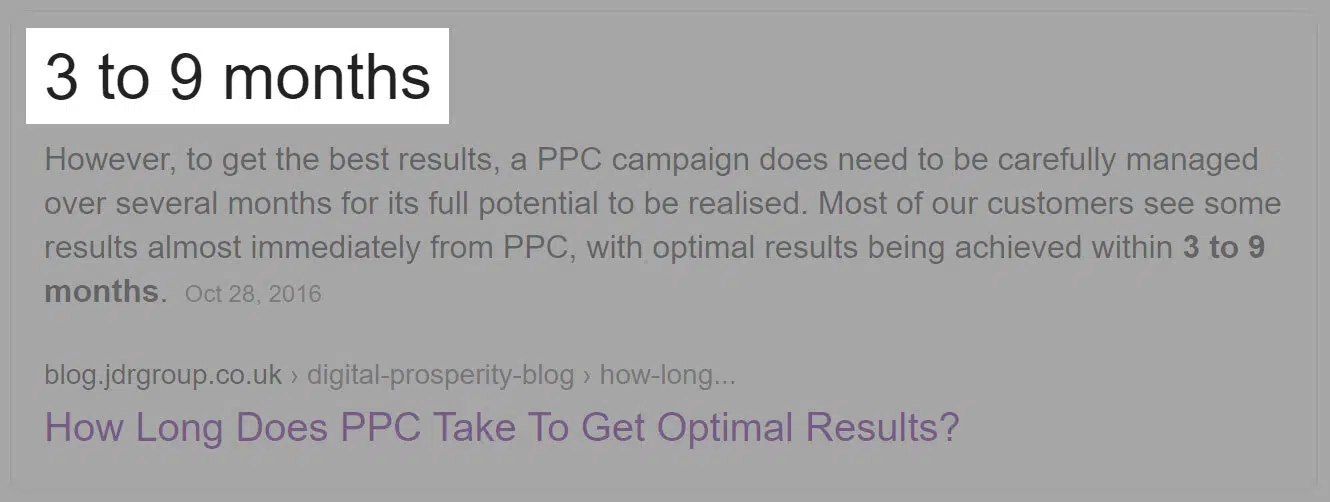
- Blogging, SEO And Content Marketing: Blogging and content marketing can be a great way for coaches to drive relevant traffic to their site, enhance inbound marketing efforts and attract more prospective customers.
Optimizing your content for search engines to discover and show to relevant people is called Search engine optimization or SEO
Once you get your SEO game working, it’s amazing to have leads coming in even while you sleep.
However, we are living in the era of what Mark Schaefer calls content shock as there Is more content online now than it was ever before.
SEO has become more complex and making it work successfully requires more knowledge, experience and skill than ever before.
A blog can take 4 to 6 months (even for SEO firms) to show good results and this can be even more if you are starting now and planning to do everything on your own.
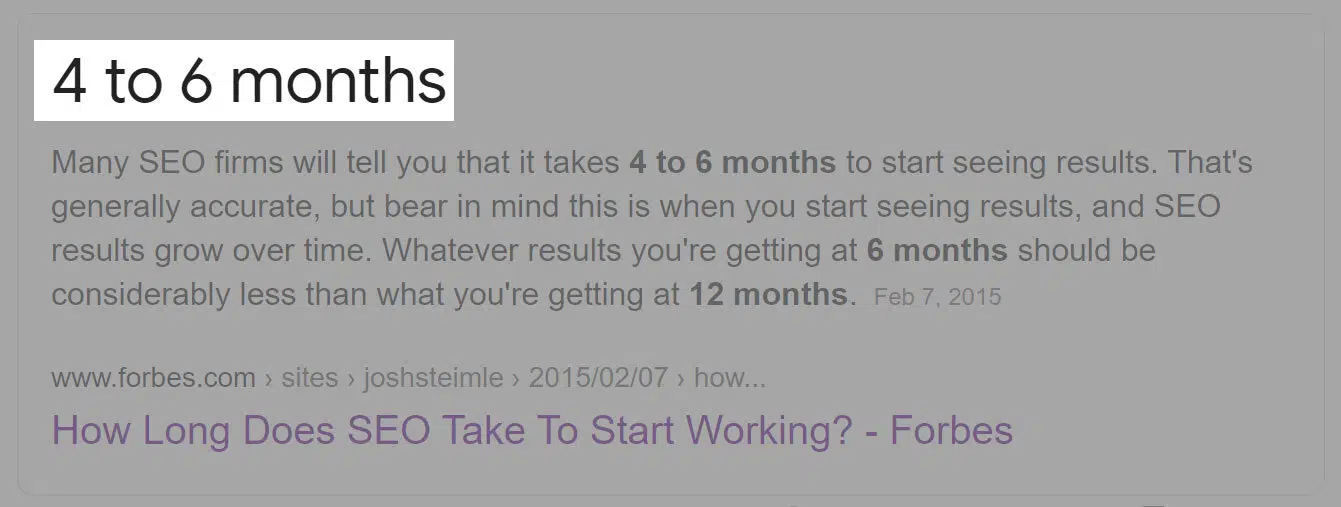
- Online Educational Platforms: Providing lectures and content on these platforms is a decent way to get recognised and will also lend credibility to your profile.
But the major drawback is that these courses are priced very low and they don’t provide flexibility for different types of packages
This means they will generate only low ticket traffic and you cannot offer premium packages to your clients.
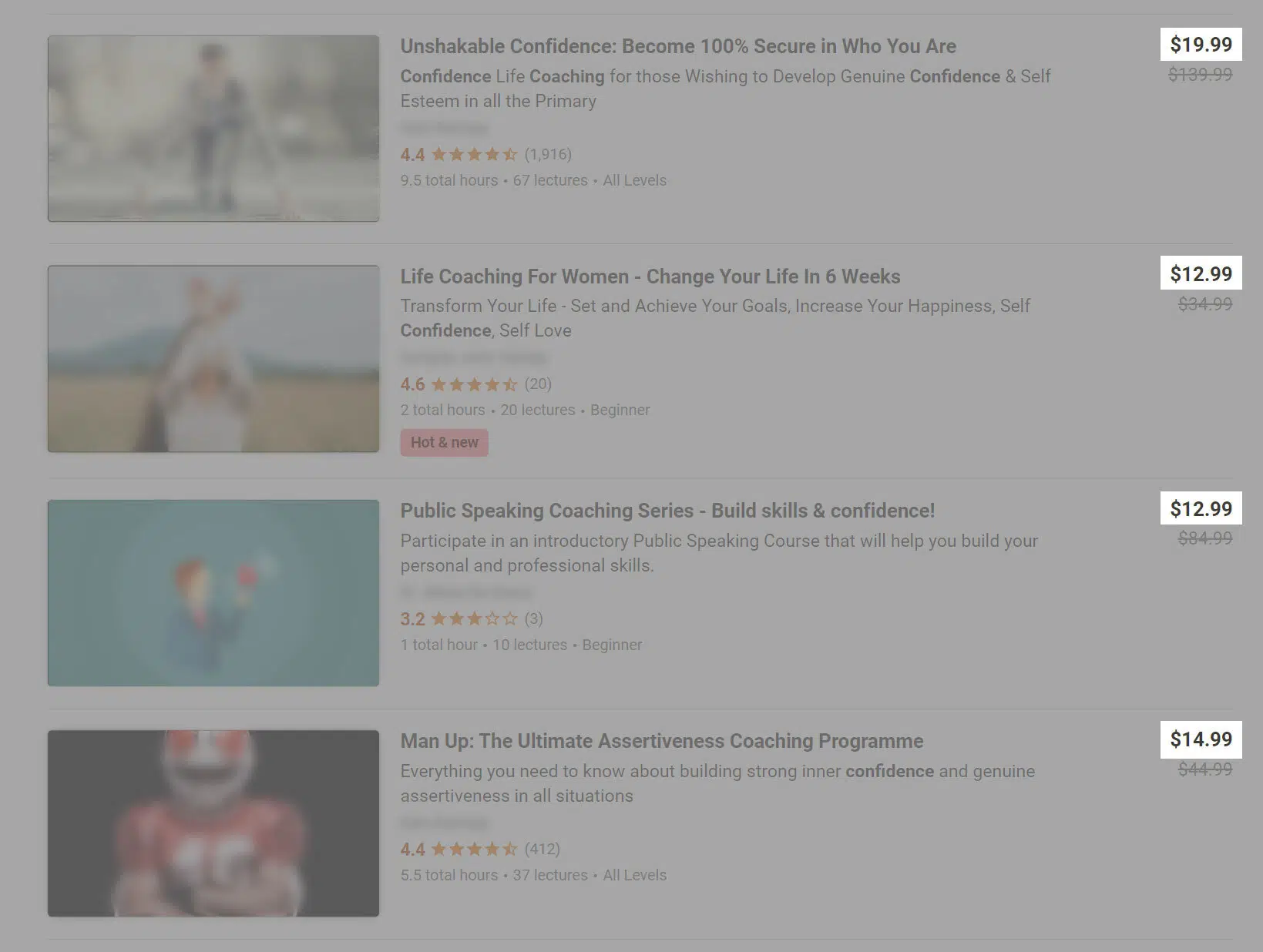
- Speaking Engagements:
If you’re recognized as an expert in what you do, you might get invited to speak at other people’s events or you can pitch yourself as a speaker once you hear about an event being put together.
However, when starting out such opportunities will be close to none and in order to become recognised you would have to speak at events for free or make recordings and upload them online.
The process of landing a speaking gig is also a long and arduous one.

Booking a gig, writing up your speech, travelling, showing up and and selling from the stage is a long, arduous and intense journey.
- Community Building:
Many communities exist online on websites like Facebook, LinkedIn etc.
You can create a community on one of these platforms. You then nurture it consistently with high quality and engaging content which the members of your community love.
At the same time, you share success stories of your clients, testimonials with the intention that people will engage with them so that you can eventually turn them into clients.
The downside to this is that it requires time to create a flourishing community and manage it effectively. More often than not such groups just become “dead” due to lack of members or posts or become noisy due to too many posts and thus get ignored.
Community building can be a good way of building traffic but it takes a lot of time and effort to build a community and manage it.
Another important point in the case of community building is you need to build a community on someone else’s platform which can be risky at times as the platform can change its rules anytime. In this situation, your entire effort can go to waste with just an overnight change in rules.
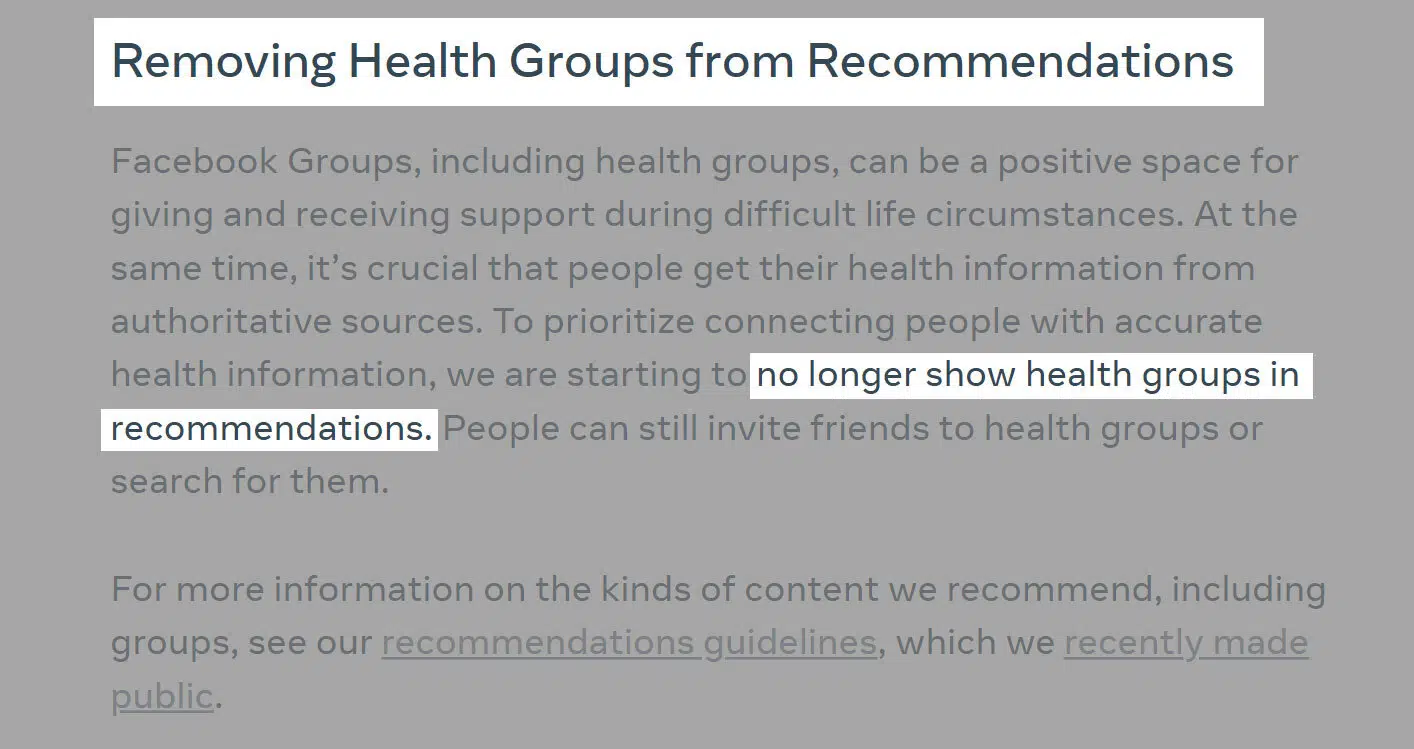
Client building can be a smooth process through sustainable models and offerings. Coupled with being able to automate certain facets of your business, such as scheduling, marketing, and support to increase efficiency.
- The Best Traffic for Coaches
- Referrals and Your Network: Asking for referrals from your previous clients and your existing network is one of the best places for you to start and get the ball rolling.
Put out the word in your circle of friends, family, colleagues and professional networks about your career in life-coaching. You’ll be surprised how often someone unexpected will reach out or have references.
If you don’t ask, you won’t receive.
Clients may be unaware that you want to take on additional clients. Don’t hesitate to ask current clients for referrals, especially at pivotal points during the coach-client relationship: when a client has a big breakthrough, or they have just completed their coaching sessions or provided you with positive feedback.
After you’ve made the ask, make it easy for your clients to refer to their networks.
Create a referral process that allows you to easily send them any forms they will need, track who makes the referrals and record any incentives they have received.
Ensure you include referral templates to make it even easier for your clients. Making it easier for them will make them more likely to refer you.
Sometimes word of mouth referrals don’t come right away.
Your clients may refer you months, or even years, down the road. These are still valuable referrals that you don’t want to miss out on.
So keep in touch with your past clients by sending friendly emails (or even a complete email marketing campaign) to check up on their progress.
Staying in touch will help ensure that you are front-of-mind for them when they meet someone who may benefit from your services.
That being said, one of the biggest shortcomings of this avenue of traffic is that it is limited to your network which will get exhausted after a point.
- Joint Ventures: The most effective method of gaining access to your target market is through collaboration, reaching out to existing audiences.
If you’re not familiar with JV’s, imagine having an influencer, someone like Brian Tracy, or Les Brown endorse your work to their mailing list. Imagine having Brian’s million+ email list knowing about your work through a message Brisn sent to them.
That is a Joint Venture, someone who has your target audience promoting your work.
Joint venture sales are much easier than many other avenues because they are based upon endorsements, meaning that the partner, who is already respected by their customers, endorses you and passes their credibility across to you.
For the first few years of my business I relied solely on JVs and it was the best choice I could have made.
In fact, one of my clients, Nadine recently closed a JV who has a group of over 120,000 members!Another client Vijaya has a pipeline of JVs and on an average has 10 JVs promoting for her every month.
Kaley is one of our superstars. I’ll just let this screenshot talk for her.
I coach all the coaches in my flagship program to use JVs as the primary way to get a steady stream of paying clients and they consistently get stellar results.
The JV Process
Before you can create a successful joint venture, you need to find partners and before that you need to create a win-win project that you can pitch. Before you even approach a prospective partner, you’ve got to do your due diligence to come up with an idea that’s a triple win – it benefits you, your JV partner and your shared audience.
Really identify where you can add value to your partners, and what would excite them enough to encourage them to participate. Your potential partners are busy and likely get a lot of requests. Yours has to cut through the noise and actually add value to their business.
Now it’s time to approach the right prospective partners.
If there’s one place communications fall down, it’s in the initial query.
Step 1 → The Rapport
Closing a JV partner is like a courtship dance. You need to build a relationship and rapport before you pitch a prospect. Follow them on social media, read and comment on their blog posts and anything else they put out there. Get on their radar and at the same time figure out their likes, dislikes and things they are passionate about. Use this to start your conversation with them.
Step 2 → The Proposal
Put together a proposal request that not only demonstrates the true value of your project and why they should want to be involved, but also respects their time and their audience. But most importantly, clearly convey what’s in it for them. How can you create value for them?
Step 3 → The rules of engagement
Failure to clearly communicate the terms of engagement will ultimately lead to either conflict, confusion or abysmal results.
Before you send that first query, be clear on exactly what you expect from your partners – from the details of the project itself right through to the promotional requirements once it launches.
Then once you are in talk with your partner, communicate your expectations clearly.
Step 4 → Get it in writing
Create a written agreement where each party understands their obligations and are willing to commit to its terms and abide by it in the future. Get this agreement signed.
Step 5 → Make it easy for them
When you ask a busy entrepreneur to sign on to your project, the very least you need to do is give them the tools and information to do it well.
Make it easy for them to play and you’ll find their willingness goes up.
This includes sharing key details, deadlines, and all the promotional materials they’ll need to actively share the project.
Particularly, ensure you give them the copy and graphics you want them to share with their audience and the link for where you want their audience to go and a summary of the terms that have been agreed upon and the dates they are due to promote you.
Step 6 → Reminders
Ensure you remind your partner a month before, a week before and a day before they are due to promote you. People are busy and tend to forget things.
This is one of the small but critical things which make a big difference. You don’t want to do all the work of getting your partner till this stage and then miss out just because they forgot.
Step 7 → Follow Up
As the promotion wraps up, be sure to personally thank your partner for it— a little gratitude goes a long way.
Great business relationships are worth their weight in gold, so don’t disappear once the promotion is done.
You’re the steward of the project, and it’s your job to keep them engaged and excited.
Continue to follow through and connect throughout and beyond the initial launch window to share success stories and feedback.
Share with them the results of their promotion and proactively follow through with paying out the commissions they are due. Don’t wait for them to ask for it.
Being clear, communicative, professional and overall a pleasure to work with will ensure that they would be happy to partner with you in the future too.
Chapter 9:
Converting Leads into clients
Once you have a way to get relevant traffic. The next step is to turn them into paying clients.
It can be challenging to turn traffic into paying customers.
Rather than simply blasting your audience with “buy me” messages, a more tactful and strategic approach is required.
That’s where a sales funnel comes in.
A funnel that works well will give you a consistent stream of clients
Now, if you’re wondering what a sales funnel is, don’t worry. Keep reading on and I’ll tell you all you need to know about it and how to use it for your coaching.
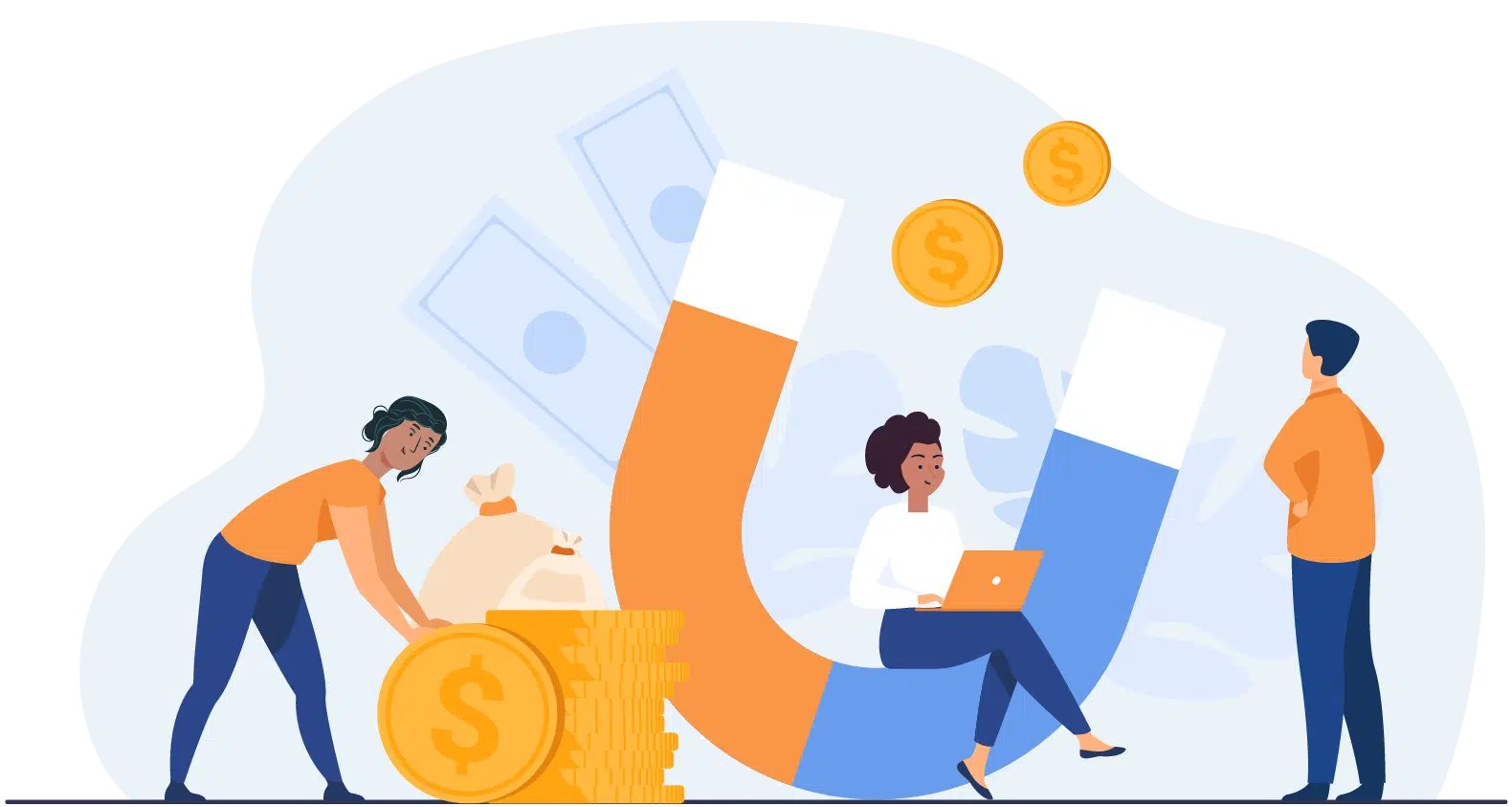
What is a sales funnel?
A sales funnel is a journey that your online visitor embarks upon after they first visit your website.
The starting point of the voyage is them hearing about you for the first time and the destination is them being ready to buy what you are offering.
A funnel majorly has 3 outcomes. Building trust, credibility, and need.
There are a multitude of funnels out there.
But the common element they share is that they are designed in a way that every step of the way they build trust, credibility or need by providing value until the lead is compelled to buy.
The Structure Of A Funnel
A funnel is divided into 4 primary sections.
Traffic
Traffic means getting in front of the relevant people and them seeing your content.
Call To Action & Conversion
Call to actions are basically elements that make it clear to your target audience what action to take and how to take it.
For example when you ask your prospective clients to book a call then that is call to action.
It encourages your target audience to take a step towards conversion. Conversion happens when your lead acts on the call to action and gives you their contact details so you can further engage and interact with them.
Sale
This is the third part of the funnel where through engaging with the lead, you get them to pay you for your coaching package or service.
Encouraging Customer To Return
The final part of the funnel is where you encourage customers to come back to the website and buy more products and services or continue engaging with you.
This is how a simple marketing funnel looks like.
Marketing funnels differ as per businesses and choosing the right funnel which is effective for your business can be the difference between frustration or massive success for your coaching business.
So what should the funnel for your coaching venture look like?
The Perfect Coaching Funnel
I have tested multiple funnels in my career and after a lot of research and experience I have formulated the perfect high-ticket funnel that can convert your leads into high paying clients.
I’ve tested multiple traffic sources like ADs, Content Marketing, SEO, Youtube etc. – almost all the sources I have described earlier, tried multiple ways of conversion like courses, ebooks, webinars, quizzes, etc.
Over the years we’ve been constantly testing what works and what doesn’t. I have spent $50,000 on testing different types of funnels in the last 2 months alone.
We’ve had failed tests where we have spent thousands of dollars and not made anything on it. And we’ve had stellar successes where we’ve earned hundreds of thousands of dollars from spending a fraction of it.
I’ve even written a book based on my learnings – “The 12 Steps To Get A Consistent Stream OF High Paying Clients”
What I’ve found is that there is one funnel which far outperforms any of the other funnels.
I’ve tried it with hundreds of coaches in varied niches and it’s worked and proven itself time and again to generate leads on demand.
This perfect high-ticket coaching funnel is ideal for you to run and grow your coaching business.
- Getting Traffic via Joint Ventures
The first step in your funnel is to get the right kind of traffic.
As I mentioned earlier, the best channel for you to generate traffic is via joint ventures.
As you are starting, you need to have a traffic source which has an inbuilt trust factor in it, does not take too long and does not cost a lot to create.
This is where joint venture traffic shines through more than any other traffic source.
The great thing about JVs is that they have been building and nurturing their audience over time. This means the people on their list already trust them and find them credible.
Another valuable thing about JVs is that you can often negotiate deals where you pay nothing upfront and pay based on the clients you get from the JV promotion.
This means your risk is effectively zero.
And you just need to learn how to close JVs. Once they promote you, you will have a flow of relevant leads trickling through your funnel. It doesn’t take months like many other traffic sources.
- Lead Magnet
Now a lot of people will come into the top of your funnel.
A high percentage of them will never work with you, but the people who resonate with your message and see the value you offer will move onto the next step.
The ones who have resonated with your message that will stick around, it’s safe to ask them to commit on a slightly deeper level.
At this point you want to bring out your lead magnet.
Now what is a lead magnet?
A lead magnet is a free offer that gives your website visitors some relevant value in exchange for their contact information.
This serves as the entry point to your funnel and is the incentive to get prospective customers to visit your website and to eventually become customers.
However, most people won’t freely volunteer their email address, mainly for the fear of being spammed. But, if they get something valuable and FREE in return, they’ll gladly give you their contact information.
It’s not only about offering something for free, though. It has to add value to the prospect. Otherwise, they won’t want it and they won’t return to your site.
Some effective lead magnet formats are:
- Checklists
- Cheat sheets
- Swipe files
- Scripts
- Infographics
- Audios
- Videos
Checklists are one of the easiest lead magnets to create, and you can start off with creating one so that you can start collecting emails.
But over the years, there is 1 type of lead magnet which has consistently performed remarkably well – webinars.
In fact, my webinar has been the most effective conversion asset for me and has generated millions of dollars for us over the years.
When someone goes for a webinar, they have to sign up, put it in their calendar, show up at the right time, and sit through the entire webinar.
So compared to a video, ebook or a quiz, you are getting very strong intent. And the people who show up for the webinar, typically pay attention and a good percentage of them stay till the end.
So when you pitch the call at the end, the people who have watched your webinar till the end are very likely to book the call and convert into paying clients.
- Pre-qualification questionnaire
A pre-qualification questionnaire (PQQ) is basically a list of questions that helps you to understand the lead better.
After a lead books in a call with you, you ask them to fill the PQQ.
A PQQ helps you determine if the lead is a good fit for your coaching, if they have the problem you can solve and also if they have the capability and intention to pay you a high-ticket price.
This ensures that you are getting onto calls with the right kind of leads and not wasting your time with freebie seekers or leads you cannot help.
You can see our pre-qualification questionnaire here.
- The Call
After your pitch through your webinar, you’ve got an interested potential client on the phone who has been pre-qualified to work with you.
Grab their information and get them on a video / audio call to make sure it is a good fit for both of you.
Listen to their problems and based on that suggest the best package that works for them and clearly explain what you will offer and how it will help them.
Talk less and ask more; the initial conversation is simply not about you. It is about establishing the prospects, needs, wants and desires. Ask the questions, take the notes, and turn it into a proposal where the clients feel heard and excited about the work and results.
One of the most powerful strategies for this call is the 2 call or the Triage call process. I’ll talk about that in the “Advanced Tips” chapter in a bit.
By the end of the 2 calls you will have converted a lead into a paying client!
- Deliver Results
Congrats! You have your first (of many) coaching clients ready to get started! Your sales funnel has done its job and turned a stranger browsing on the internet into a client.
Now it’s time for you to deliver results.
Remember to under-promise and over-deliver
Once you feel you have delivered results to the expectations of the client don’t hesitate to ask them to refer you further on.
Chapter 10:
Planning Your Transition
Now that you have the fundamentals in place it’s time to start thinking about your transition.
There are several steps you can take in order to approach this phase and we have mentioned all of them in this chapter.
It can be tempting to leave your old life behind and fully embrace this entrepreneurial opportunity.
But before you dive right into it let’s pull back a bit and let’s try to walk before we can run.

Why get into coaching even during the pandemic?
It is no surprise that the Covid-19 pandemic has had large-scale effects on all types of professions and businesses. All kinds of business and professions have had to bear massive repercussions stemming from the pandemic. Whether it would be loss of income, clients, jobs or complete shutdown.
Source: ICF Global Coaching Study 2020, COVID-19 and the Coaching Industry
Though surprisingly the pandemic has not been as harsh on the coaching business as it has on other businesses.
That is due to the fact that coach practitioners have diversified streams of revenue.
This is the beauty of the coaching business!
A consistent finding from the 2020 ICF Global Coaching Study is that almost all coach practitioners (94%) offer services in addition to coaching.
These services include but are not limited to consulting, training, facilitating, mentoring, teaching, counseling, supervising and much more. Coach practitioners simply adjusted the mix of services they offered when Covid-19 hit.
This allowed them to not only survive through the pandemic but flourish.
Another reason to become a coach now is as the world heals, more people are looking for some kind help in their personal and/or professional lives in order to get back to the new status quo.
This creates new opportunities and opens new avenues for coaching.
There could not be a better time to be a coach as the pandemic being the great equalizer has levelled the playing field for newcomers.
Making the transition to coaching
Whether you are currently working in a different field or are retired or are at home you can become a coach!
The barriers to entry in this field are quite low and anyone with the right attitude and skill set can become a coach.
Now that we have the lay of the land, let’s plan your transition. While transitioning from your old career or just starting out in your coaching career can be risky.
So how should you do it in a way to maximize your success and reduce the time and risk you take on?
If you are currently working:
Are you eager to dive in head first in this journey of becoming a coach?
Do you immediately want to make the All in or Nothing move?
Do you feel it’s the right time to turn in your papers and resign?
Hold on right there!
Do not make an emotional decision. Maybe you have experienced some form of dissatisfaction or have been in unpleasant situations at work. Your emotions might be getting the most of you, and could be influencing your decision.
Yes, your coaching business can sustain you but it will take time to reach an appropriate level of traction. Firstly, unless you have savings and additional financial resources, you may not want to completely quit your old job.
As a life coach, you are working at home and making your own schedule; until you build up a client base, you probably will want to hang on to your previous employment on at least a part time basis.
By hanging on to your previous employment you’re going to have slightly less income coming through in the early stages, but you’ll have far more structure to dedicate to your coaching and mentoring practice or studying a life coaching course.
If you happen to get Thursday and Friday off available at your job, or Mondays and Tuesdays, you actually end up getting four days straight a week with nothing but dedicated focus.
The more consecutive days you can do in a row, the faster you’re going to grow your coaching business.
Once you graduate from your coach training course, if you do choose to opt for one and build up your client base and your economic resources, it may be time to dive in.
Be sure that you can support yourself financially before you quit your other employment and begin focusing on life coaching.
So, when is it the right time for you to quit your full-time job?
Now that you’ve started your coaching business and are receiving some traction in the form of clients and are able to deliver results and get paid. You might feel validated and are now convinced that maybe you can quit your old job entirely.
But hold up again! Are you sure that your revenue stream from coaching will be able to sustain you financially the same way your old job did?
Are you at that point where you believe that the revenue from coaching itself will be able to pay your bills and payments? Again, this is not a question which needs an emotional answer. Rather think practically about it, do the math and the calculations.
And on the other hand, if your coaching side hustle is not doing so well, you might feel the reason is you are not focusing on it full-time. Don’t fall into that trap.
You must make a data driven decision about this.
Remember, your day job is what is making it possible for you to build your coaching business.
Pull up all your financial statements, bills and other payments for the last few months. Preferably for the past year or so.
Go through it and list out in detail all your expenses. Be comprehensive and don’t miss anything out.
Make sure you take into account your utility bills, insurances, mortgage payments, loans, groceries and anything else. Also don’t forget annual or semi-annual expenses.
Now using all these, calculate your actual monthly spend.
Different people have different risk appetites based on their age and life situations.
Now look at the revenue you are earning from coaching, minus the added expenses and money you have invested specifically for your coaching business.
Now compare this net revenue to your monthly expenses and see whether they are being matched. If your revenue is exceeding or matching your expenses for all the months then you are in a good place to make that complete switch.
Also, look at the profit margin and whether it is consistent enough for you to make that final transition.
If going through all the above factors, if you still feel that you are now completely ready (at least financially) to make the transition, try to hold on to your job on a part-time basis.
Many companies will be open to the idea of having someone be employed on a part-time basis rather than on a permanent basis. If you are a valuable part of the company/place you are currently working at then maybe you can pull some strings and schedule your work in a way that you are able to focus on your coaching full-time.
The last thing you want to do is to completely quit your job, work on your coaching business and then have to quit just before you achieve success just because you ran out of funds to pay the minimum expenses for you or the business.
If you are retired:
Even after retirement if you are allured to the possibility of interesting, fulfilling work that you would like to do — just not at the frenetic pace of top corporate jobs then coaching is perfect for you.
Coaching offers flexible hours, higher rates, and location independence and thus is an ideal fit for the twilight phase of your life.
This is exactly what Ann Moir-Bussy did. Anne is running her online coaching business successfully at 79! Now that’s inspiring.
Any career change is disruptive to a certain extent.
The more time you give yourself to plan and prepare, the better off you’ll be. Create your own internal timetable which will allow you to plan your finances and any life changes (moving, selling your house, etc.) that your retirement and new coaching career might entail.
Do a skills analysis.
Over the years you’ve probably become an expert in your field.
Becoming an independent coach requires a suite of entrepreneurial abilities and a completely different skill set. If you’ve given yourself a sufficient planning horizon, you can take the opportunity to bolster the necessary skills.
In the meanwhile you can also pursue coach training and get a certification or opt for targeted courses to which will accelerate your knowledge.
Start recruiting clients. As a seasoned professional, you have an advantage that your younger colleagues don’t: a network you’ve built over the decades.
Too many aspiring coaches waste time at the outset dithering about the administrative details of their business, like what color their logo should be.
All of that is irrelevant. The bottom line of what matters is having actual paying clients, so recruiting them should be your first priority.
Starting a coaching business can feel overwhelming, since there’s pressure to tackle everything at once. So start slow.
When you’re launching a new coaching venture, it’s easy to get distracted by the multiplicity of options — there are plenty of business-building activities you could be pursuing.
Focus on getting the important things right.
Pro Tip: Getting yourself a mentor who knows how to make a coaching business work will save you a lot of wasted time, effort and costly mistakes.
Understand what skills you can bring to your clients, leverage your network to find them, and then market just enough to attract the right amount of new clients, whether you’re looking to build a robust business or simply stay engaged with a few projects on the side.
Chapter 11:
Advanced Tips
While coaching is not an exact science, it is a profession that has grown considerably over the last few years, and through my extensive experience working with coaches over the last decade, I have compiled some tips that will help you skirt the common pitfalls in your journey of becoming a coach.
In this chapter, we will go over some tips that are usually glossed over by others but actually are really helpful.

Don’t get stuck on perfection
Doing everything perfectly may seem a recipe for success but in many cases, you would be setting high standards or in many cases unrealistic standards in order to strive to be the best at everything in your business.
A lot of times this desire to be perfect can turn into fear of failure and hamper you from taking certain risks.
Not only that you become more risk averse but you also end up spending a lot of time on unimportant things.
For example, your logo or website may be absolutely perfect, but if you keep going over it again and again will get in the way of you completing other important tasks, this can prevent your business from advancing.
I had a client who was never satisfied with her website. She spent 9 months agonizing over every minute detail, waiting for that perfect moment where she couldn’t find a single thing to change. This chase of perfectionism, while an honourable one, is misguided and takes away from the time she could have spent putting herself out there and making changes as things progressed.
Don’t be afraid to put yourself out there.
Wherever ‘out there’ is, it must be a very scary place indeed, as many coaches fear it more than anything else.
For any coaches who share the same fear of ‘putting yourself out there’, the first thing we would suggest you do is to gain a lot more clarity on what your fear really is.
When you put yourself, your ideas, your skills out there for others to observe and judge it can be terrifying.
They’re no longer just your thoughts and ideas but a part of you that you’ve made public instead.
It’s mainly this fear of criticism or rejection that prevents people from having the confidence to “put themselves out there” — As a result many great ideas and opinions never get seen.
I was mentoring someone who had everything ready, but could not take the plunge! There was a fear of rejection, fear of being seen and heard in a way that made him feel vulnerable. But once he finally did it, he was a success and got a lot of people who resonated and respected his views.
Forget the excuses and try to highlight and enhance the positive outcomes of the action you’re taking. Just like it’s easy to focus on the surface of the problem rather than the cause, it’s just as easy to focus on the here and now rather than the impact of our actions further down the line.
Don’t forget that your opinion as an individual is just as valid as anyone else’s. Even if your view flies in the face of what others think, your ideas are still valid and so deserve to be heard.
Go with your gut. If your instinct is telling you that you can do that you can do that thing or that you should promote your business. Then go for it. No one else is as much an expert on you as you are.
Marketing the technique or framework
As we went over this in packaging a lot of times coaches will focus on marketing their technique or framework rather than the solutions they offer.
As a coach you are offering solutions and not your services in terms of the technique or approach you take.
Market the outcome that your approach or technique will achieve for your clients.
This will help you stand out and not get lost in the crowd as clients will put more faith in the specific outcomes you can help them achieve.
For example, if you could market yourself as an NLP coach OR as an NLP coach who helps overcome addictions.
My student, Beth kept marketing the technique and framework and got uninspiring results, however, once she focused on marketing the outcome, she became much more sought after!
Which out of the 2 will your prospective clients relate more strongly with?
As just an NLP coach you will get lost in the crowd, but as soon as you pair it up with the outcome, you stand out.
Triage Calls
Triage calls are a very effective way to identify leads who are a good fit for you while optimizing the time you spend talking to them.
Your triage calls have two goals:
- Build trust between you and a potential client.
- Identify qualified leads quickly.
A triage call is not about selling your product but more about qualifying the lead to ensure he or she is worth spending your time on.
A triage call should last anywhere from 10-20 minutes and basically you are trying to assess whether the problem they have, are you the right person to help them solve it, whether they are able to pay you accordingly and whether they are right to move ahead and engage on a longer basis.
It might seem illogical to have two calls as it would mean that it would just double your workload but believe it or not the triage call model can actually cut down 80% of the hours that you will have to spend attending non-fruitful calls.
Assuming the marketing stays the same, you are going to book the same number of calls. You’re going to have a bunch of short 10 to 20 -minute calls — the same number of calls, but they’re going to be anywhere between 10-20 minutes.
You’re only going to book a second call with the 10% of people who are ready to buy; who can afford you and who want you. And you’re going to close 85% to 90% of those people.
So, what’s going to happen is it’s going to shrink down your time dramatically because you’re going to get off 90% of those calls in 10-20 minutes. You’re only going to spend longer time with people who have a high probability to buy.
But by implementing the Triage call methodology, we would still get the same amount of people signing up in the end but we would spend a LOT less time talking to the unqualified leads.
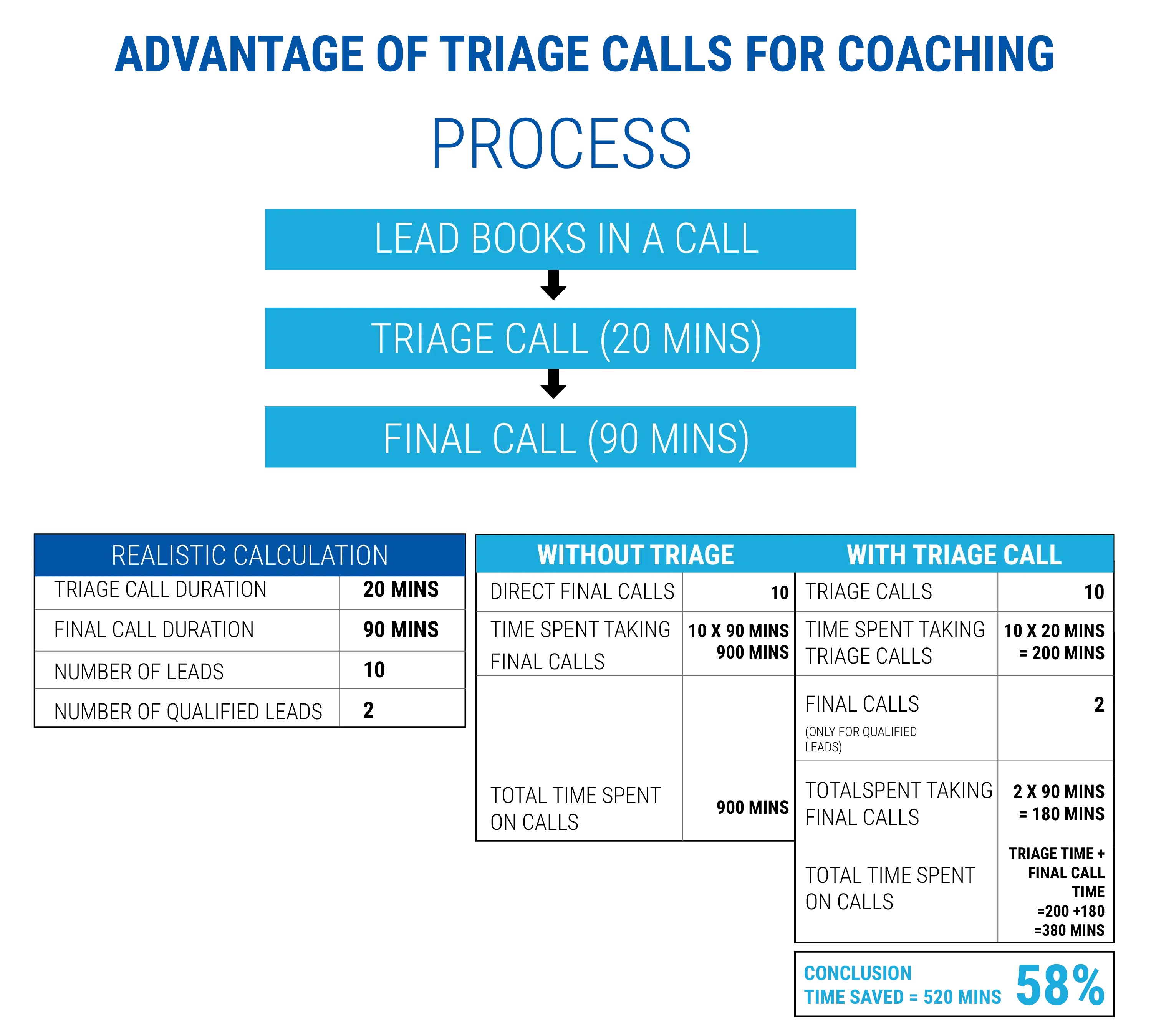
The same outcome with a lot less time spent.
Liabilities and Ethical Standards
Coaching is not a completely regulated profession in many parts of the world, but it is a business. Therefore, it could be a good idea to have a business owners liability insurance policy.
Say a client seeks damages from you for any reason, having the insurance cover that liability will prove cheaper than having to go to court to settle matters.
Different countries provide different types of liability insurance.
Doing a thorough research on what policies are best for you could be the best decision you make for the protection of your coaching business.
While there are many (sometimes too many!) things to think about before becoming a coach and starting your own coaching business, general good practice involves:
- Keeping up to date with best practices in your field
- Being true to your brand and messaging
- Persevering ethical standards
- Staying curious
Legalities
Currently there exist no licensing requirements relating specifically to the provision of life coaching services.
Some would-be clients will be concerned to make sure that you are a properly qualified professional, so we recommend that you do get certified and are able to give full details of your professional qualifications and accreditation.
In the unfortunate event a claim is made against you, you need to have a signed Coaching Services Agreement with your client that includes a ‘Limitation of Liability’ clause.
In addition, your website should have a Website Disclaimer.
You cannot control how some website visitors may read and rely on your written content – and a Website Disclaimer will limit your liability in such circumstances.
A well-written clause should limit your financial downside.
This is particularly important where you are operating as a sole trader.
To limit your liability further, you should consider setting up and running your services under a LLC i.e. a limited liability company.
No matter the type of business model you choose, we can’t stress the importance of a comprehensive coaching agreement.
Creating a coaching agreement with clients is important as it establishes:
- Duty of care that we have for clients
- Outlines client-coach relationship and the roles
- Expectations
- Obligations from the client
- Payments and fees
- Cancellation policies
- Limit of confidentiality
Your coaching agreement should include the below sections to maintain clarity:
- Purpose of the document
→ Mentioning the client’s goals
→ Role/services of the coach in getting the client to reach their goals
- Coach-client relationship definition
→ Specify professional expectations of the coach
→ Mention ethical standards that the coach and client are expected to follow
- Services
→ Type of coaching style should be mentioned here
→ Format of coaching i.e. in person sessions, or over video?
→ Session duration
- Confidentiality
→ Assure client of the confidential nature of the relationship
→ If the coach has a specific way of record keeping, this should be mentioned here.
→ Elaborates on the extent of confidentiality
- Fees
→ Cost of services
→ Payment modes
→ Any refund policies or other payment plans to be mentioned here
- Ending the client-coach relationship
→ Termination process for the coach and client
→ Notice times
→ Compensations required
- Dispute Resolution
- Mention under which specific law is this agreement formulated
- Express that the agreement is legally binding
Don’t lose focus and avoid the noise
Finally, Don’t get bogged down on the details or the finer points of things, there are a lot of ways to do things, choose the ways that will work the best for you and not because it works for someone else and they recommend it.
Always be thinking about the reason you started your coaching business and the goals you wanted to achieve. This will allow you to filter out unnecessary information and regain your focus in turn to avoid you deviating from your path.
The internet is filled with misinformation, after reading certain stuff online you may feel like buying into it or pursuing some course of certification which you don’t actually require.
Focus and perseverance are critical aspects for business success. Try not to overload yourself and follow a system or process that you are comfortable with. Being consistent with your coaching and your business is what will get you results.
In order to establish these systems you can take guidance from a mentor who is an established expert in your industry. This is more helpful than trying to piece together bits and pieces from systems that work for other coaches.
I am not saying that don’t experiment or don’t be creative. but in order to find the right ingredients to experiment and get creative with getting help from someone who has a proven track record will save you a LOT of time.
Find someone who has experience in helping other coaches and listen and note down what they have to say. Don’t be afraid to ask questions or be inquisitive.
Chapter 12:
Case Studies
Working with and helping people reach their coaching potential has been an honor.
Here are some people whom I’ve had the pleasure of working with and have had successful careers as coaches.

Case Study 1: Kaley Zeitouni

Kaley Zeitouni is an international best selling author, therapist, coach and speaker. A marriage and family therapist whose personal life led her towards the path of a motivational coach.
She has been featured on Thrive Global, Woman Ready and Global Woman.co sharing her incredible journey and the lifelong lessons she lives and teaches by.
Watch this video to see how she used our coaching plans to grow her business and reach more clients.
Case Study 2: Brian Peters
Brian Peters, a man with many talents;
- Mr Universe 2004
- UK’s top financial advisor
- # 1 earning financial advisor in Asia
- An author and coach
Brain was toying with the idea of becoming a coach for other financial advisors. He specialized in helping salespeople land their next client and navigate through the intense ups and downs of sales.
The collaboration with us led to a co-authored book which became an international bestseller!
Here he shares his experience with us and our impact on his journey to becoming a millionaire coach-
Case study 3: Chris Howard
A prominent leader within the Neuro-Linguistic Programming community, Chris Howard empowers people in developing nations to create wealth.
CEO of Howard Training, Chris uses NLP techniques to help individuals find and claim their purpose.
Coaching Foundation helped Chris get the stream of clients he deserved!
Here is what he has to say about his experience!

Chapter 13:
Setting Up Your Coaching Business
Up until now, I have spoken about how to become a coach and laid out everything you need to become one.
But there’s one more important thing. To transform your coaching practice into a sustainable business.
Yes, ultimately your coaching is a business and always remember to treat it as such! And you might be wondering, why is this important?
Well, let’s get into it.
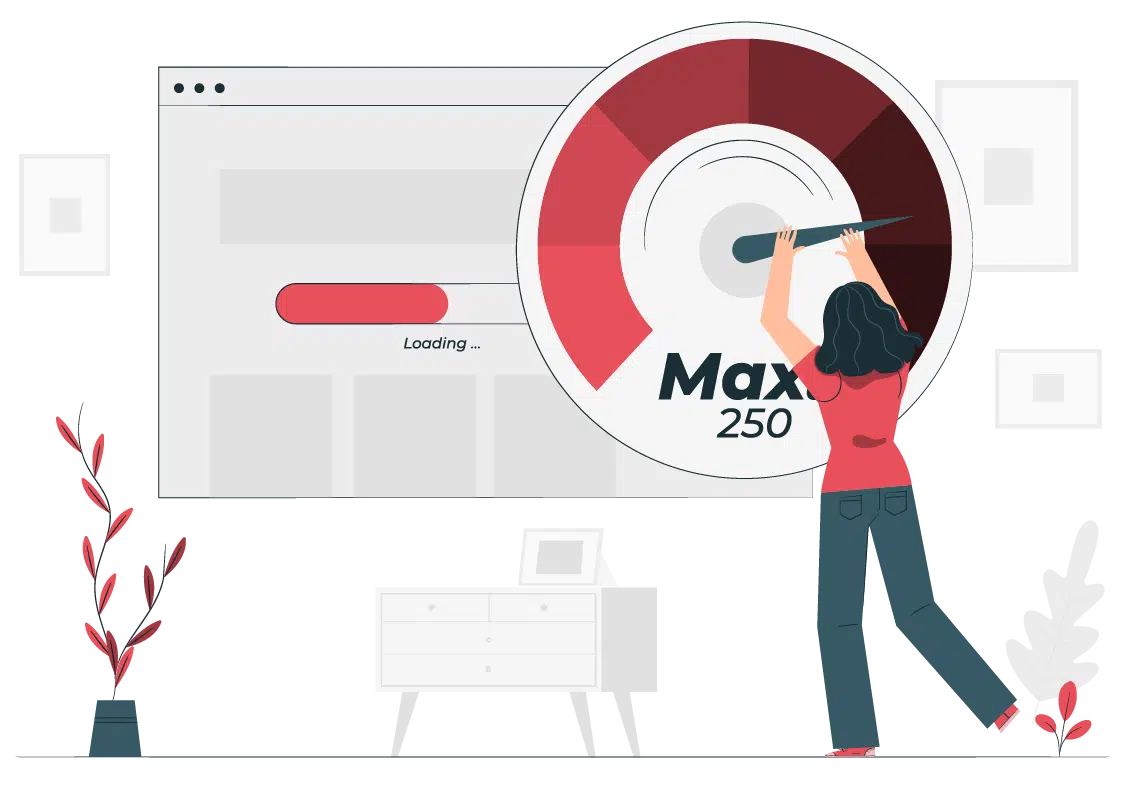
Why you need to treat your coaching as a business
Just coaching and taking sessions may be ok for starting off, but you should start working on making your coaching into a sustainable business right away.
And this is the key to being able to coach sustainably, unlock exponential income and create far-reaching positive change in the world.
Only a coaching business (not just coaching) gives you the FREEDOM to coach from anywhere, travel often, live comfortably, touch many lives and be rewarded and recognised for it.
There’s 1 thing in common in all the famous and highly successful coaches of the world. They think like entrepreneurs and look at their coaching as a business. That’s exactly how they got to the level of success and fortune they are at currently.
We Start Coaching Because We Are Passionate. But The Reason Coaches Last Is They Treat It As A Business.
Throughout your journey as a coach, I strongly encourage you to put on your entrepreneurial hat.
You have to learn a lot and wear many hats.
From ideating to marketing, to selling, to delivering, and everything else in between.
Try to learn as much as possible about your industry. Focus on learning from various people about their industry. Keep thinking of how you can implement your learnings practically for your business.
Conclusion
Congratulations!
You’ve put yourself ahead of most other coaches who are thinking of starting off by finishing this guide.
While there are many things that need to be considered, you now have all the information you need to become a successful coach.
But information is one thing. What is important is action.
So what is the niche you have decided for yourself?
What part of this guide was most valuable for you?
Do you have any unanswered questions that are bothering you or think I have missed something?
Let me know in the comments below and I’ll answer them and as a bonus also give you access to a free program of mine.
Frequently Asked Questions (FAQs)
What is a life coach?
A life coach is a professional who assists people in making progress in their lives in order to attain greater fulfillment.
What degree do you need to be a life coach?
You don’t need any specific degree to become a life coach since the coaching industry is still highly unregulated. Although, a background in psychology, education, wellness, or a coaching certification from an accredited training program — can give you credibility and leverage as a coach.
Can you make good money as a life coach?
Certainly, you can make good money as a life coach. There are top coaches who have a net worth of $500 million!
How much do life coaches make?
A life coach salary range is between , 000 – 8, 500.

Download a FREE PDF version of this guide…
PDF version contains all of the content and resources found in the above guide.
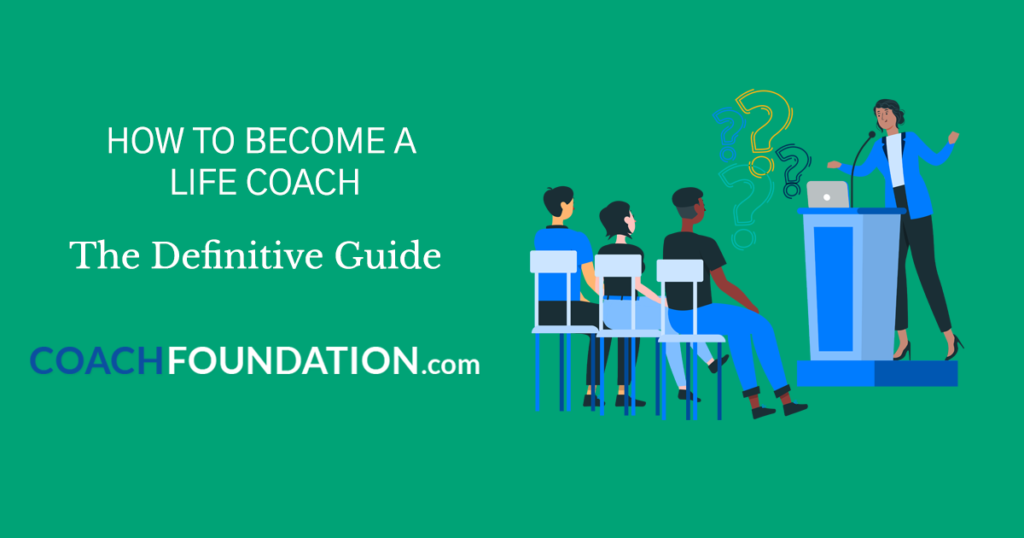


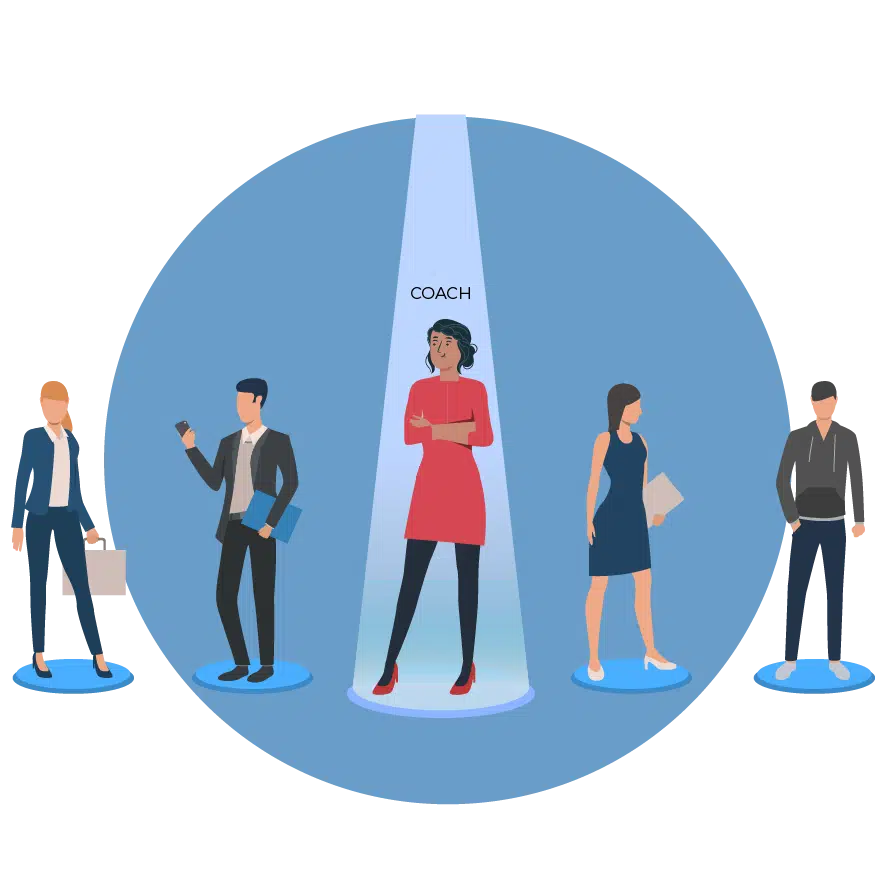
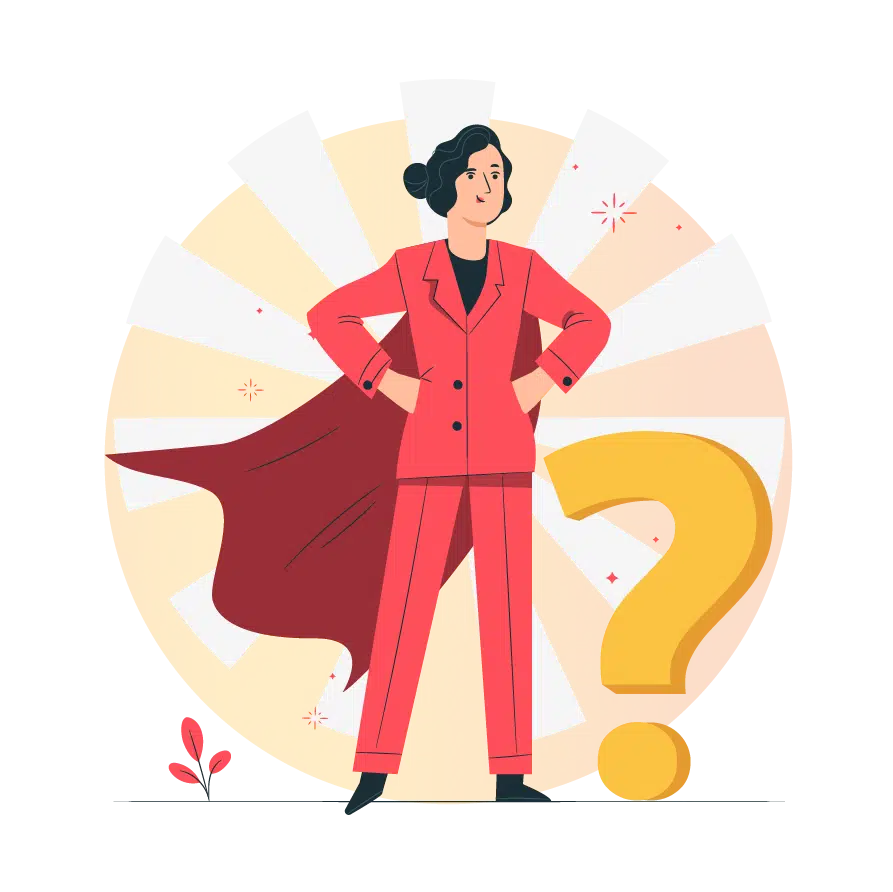









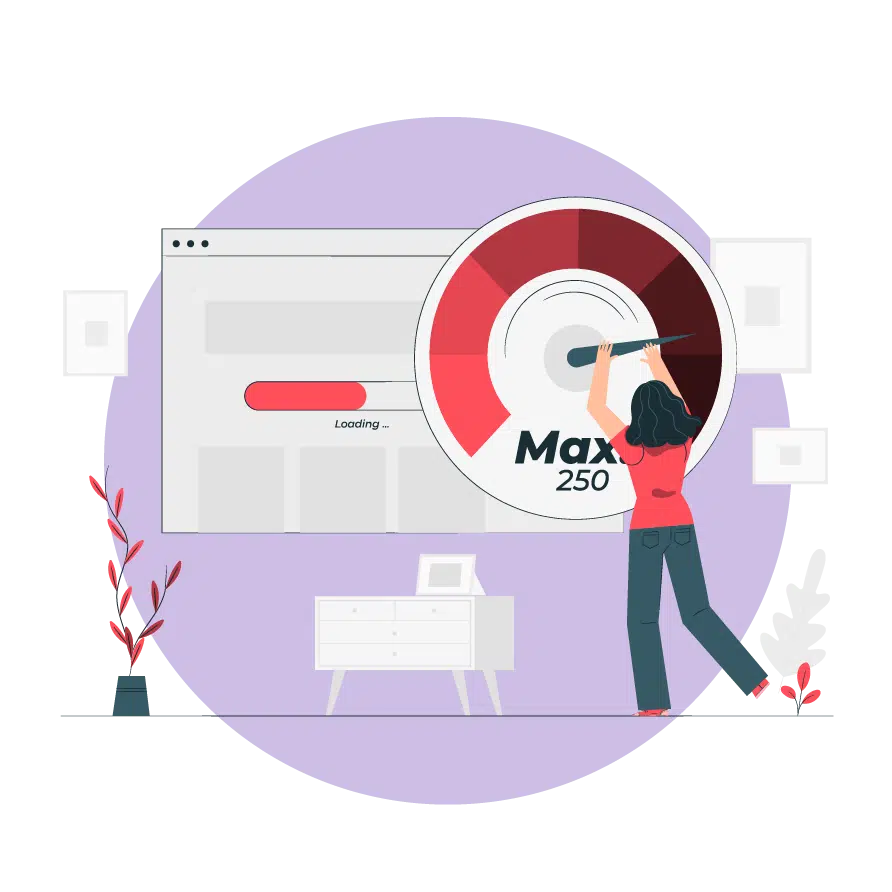
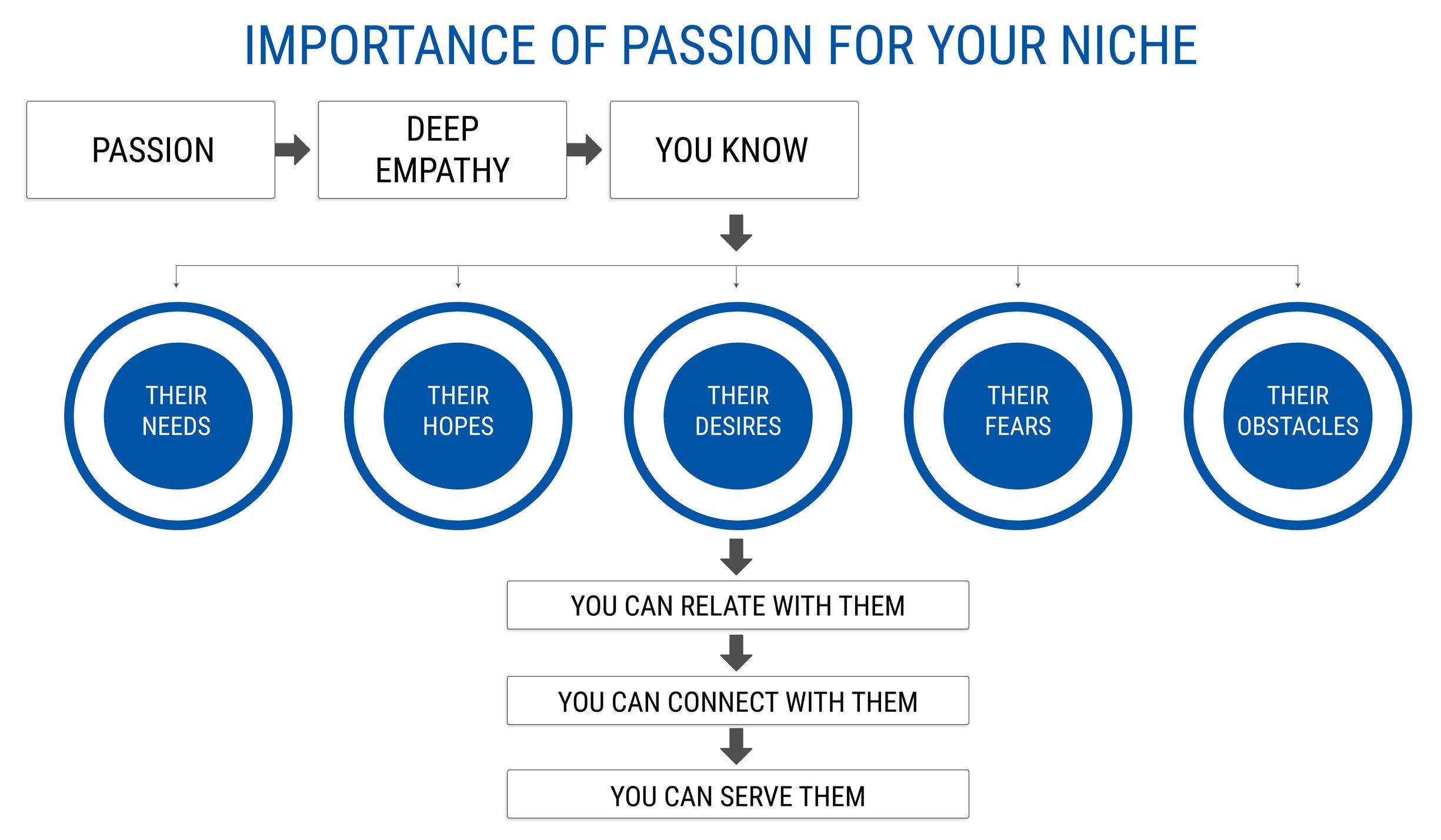
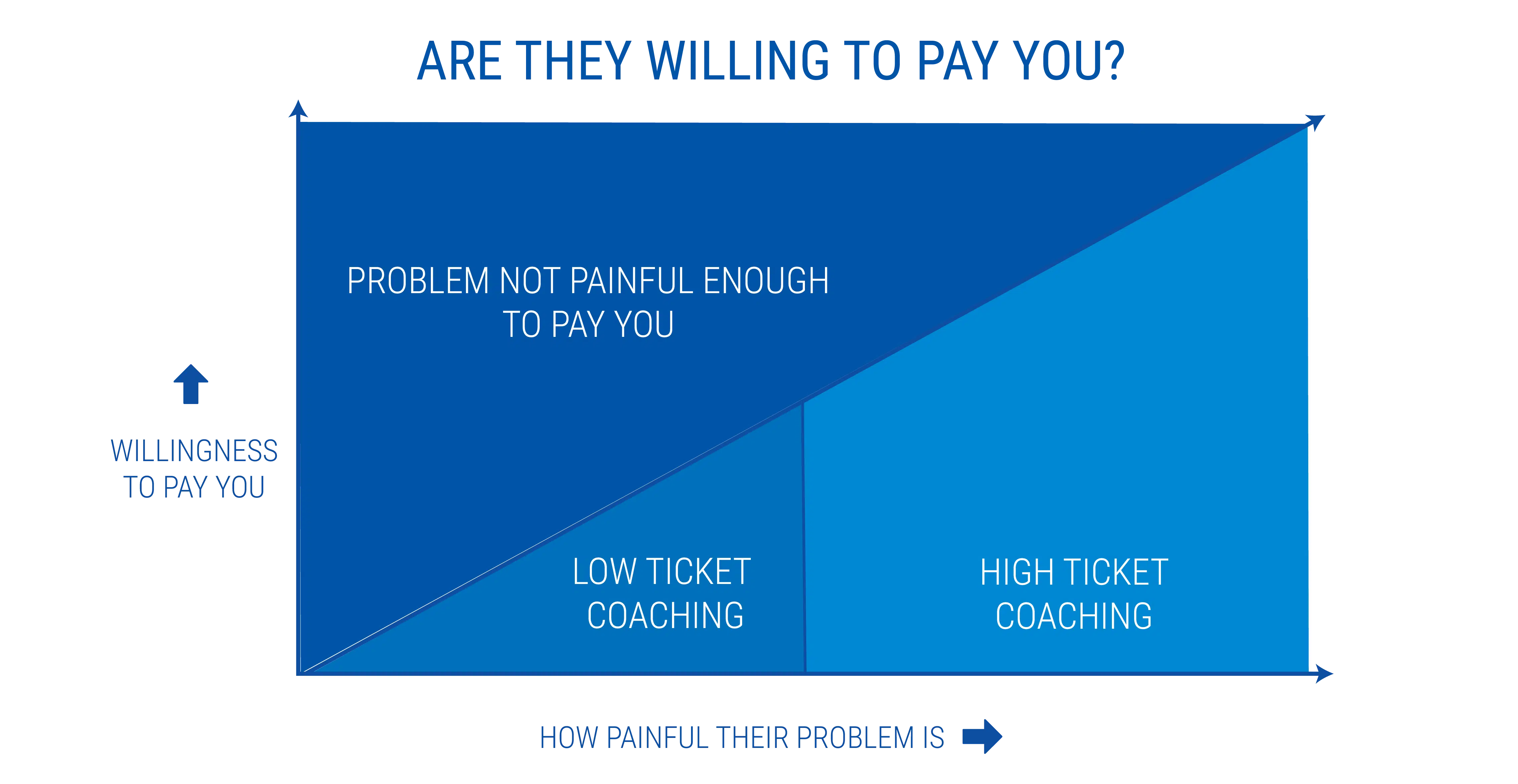
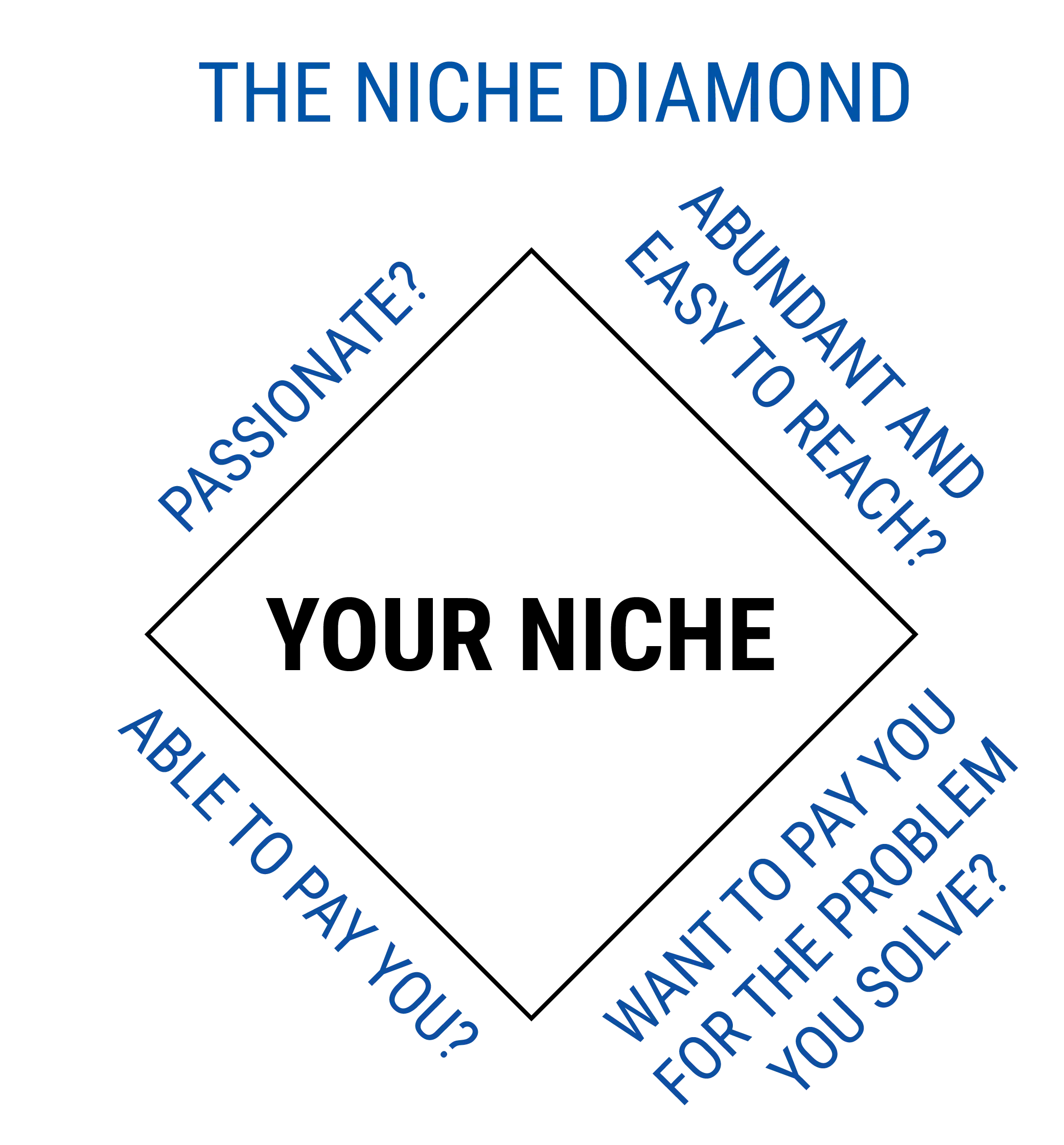
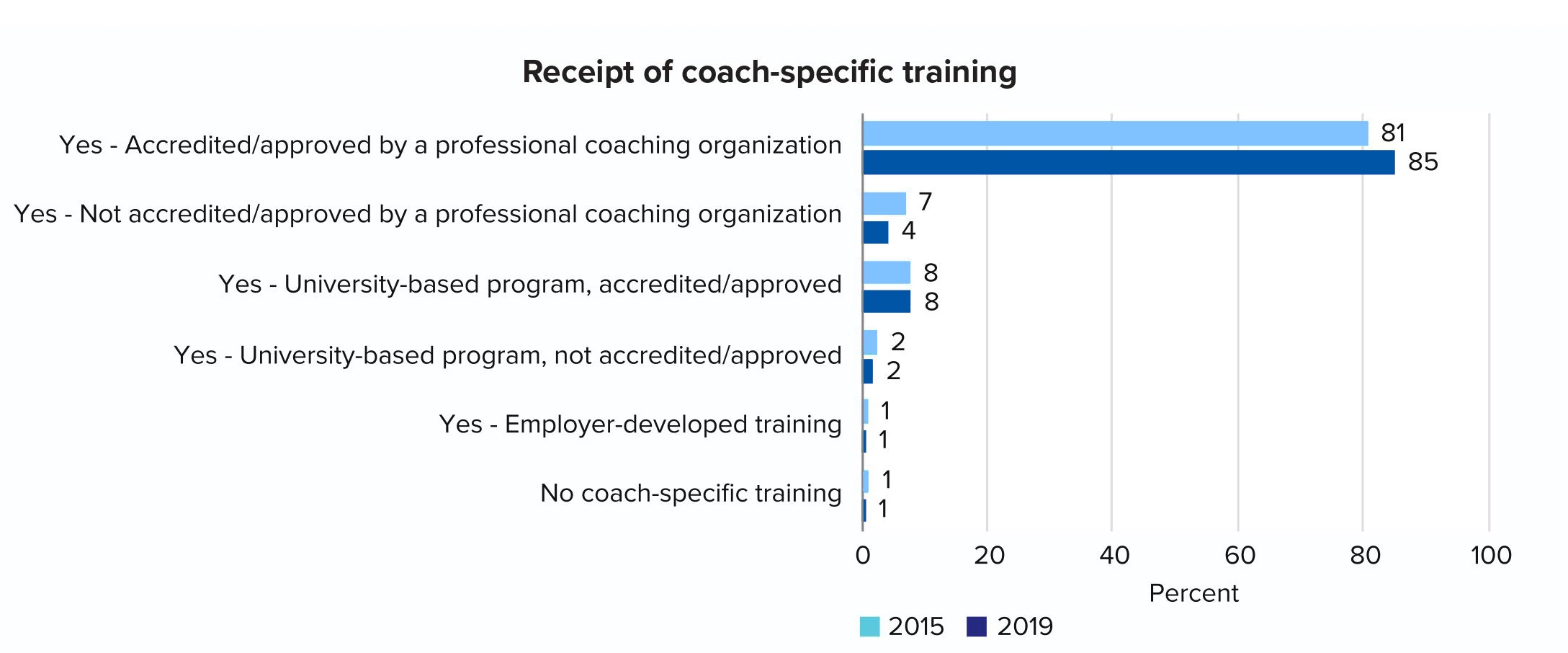
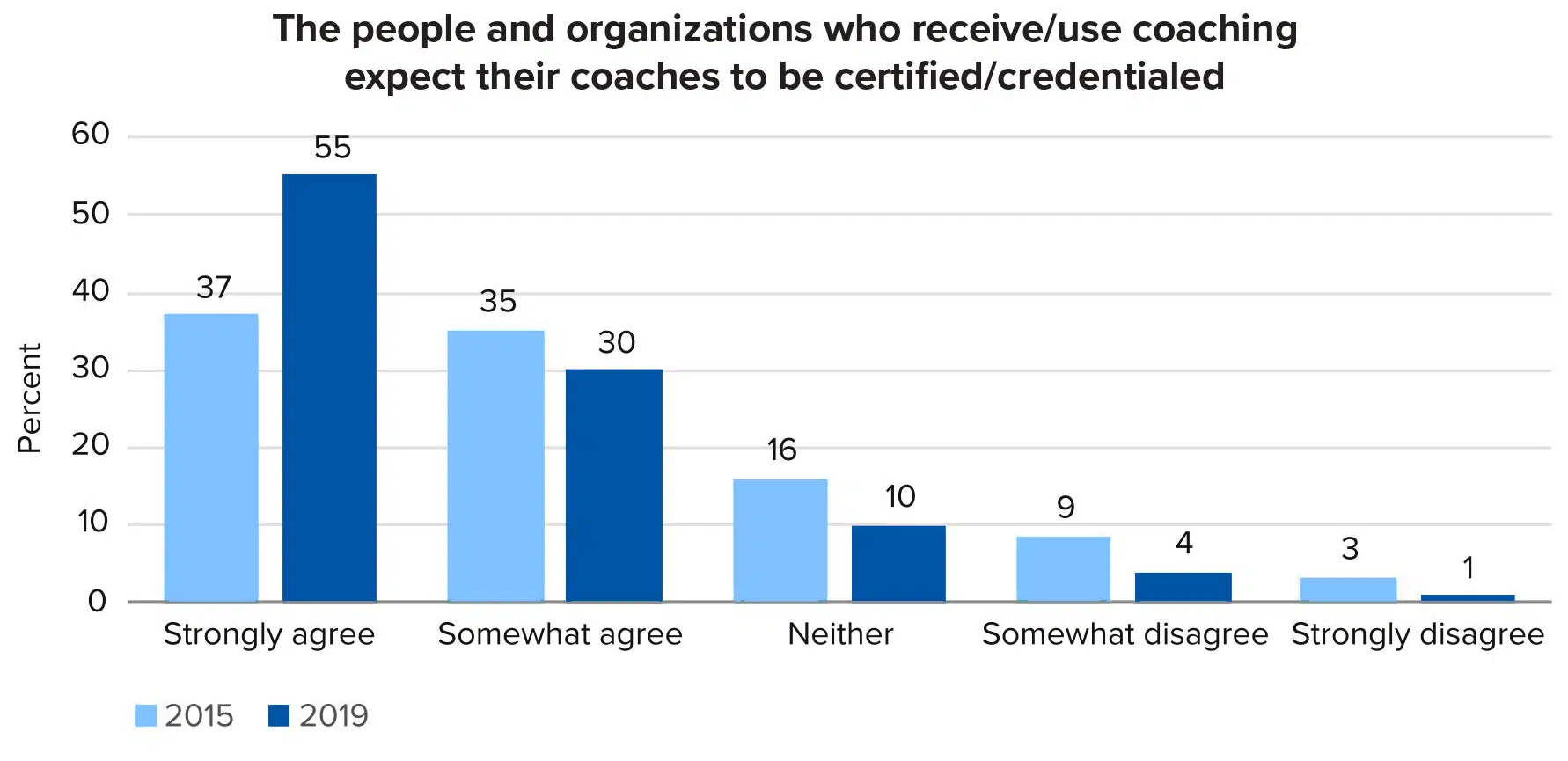
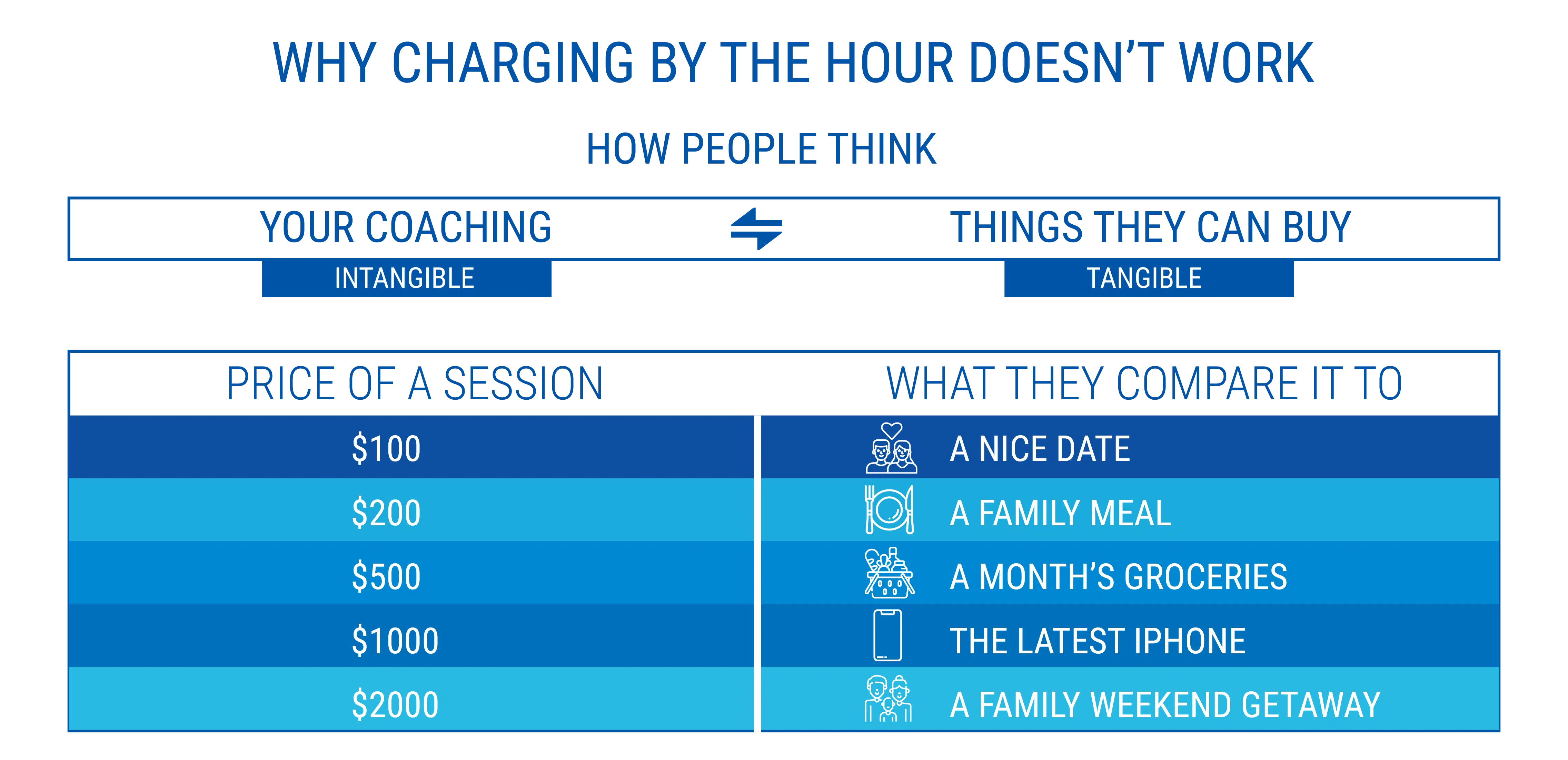
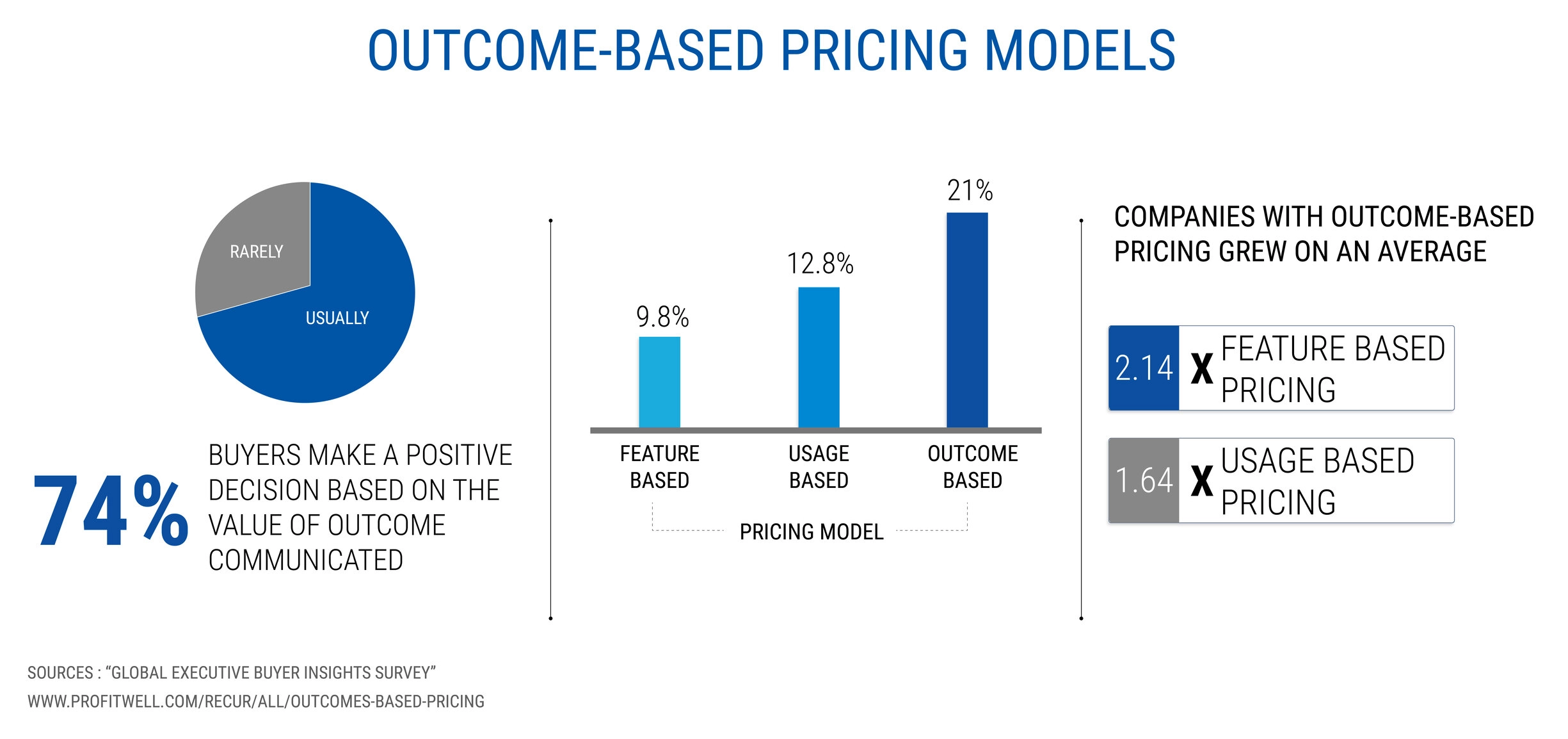
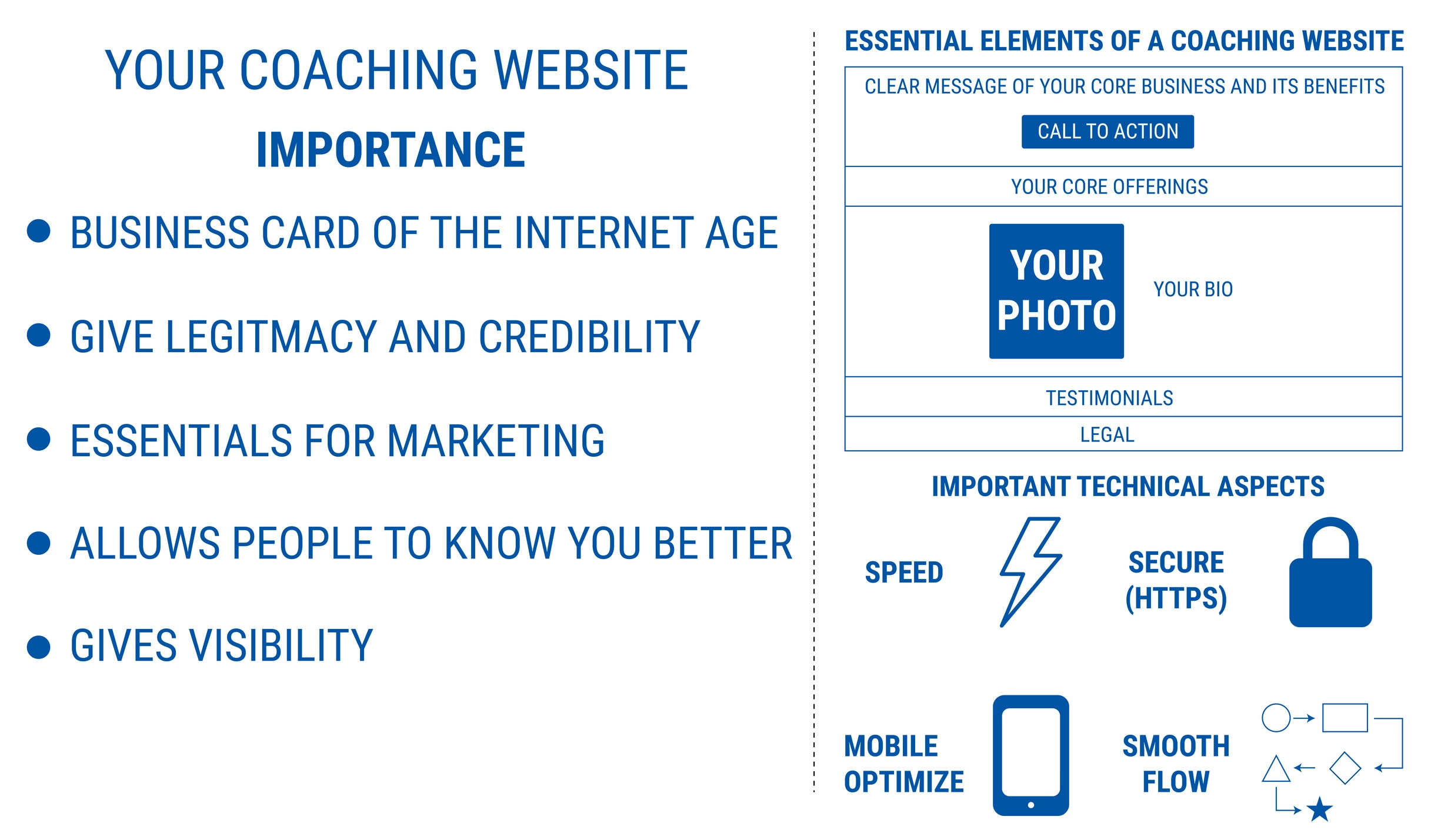
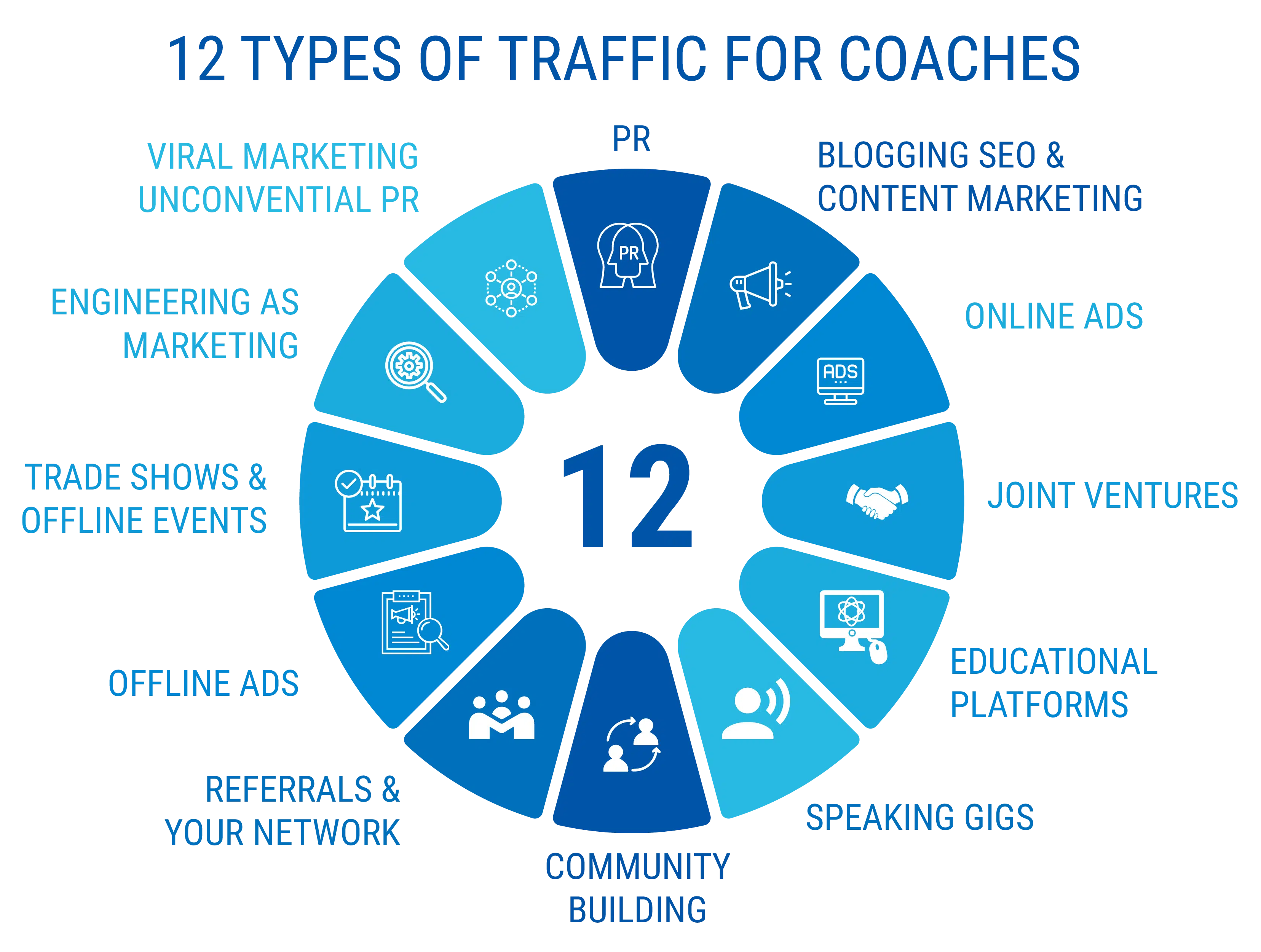


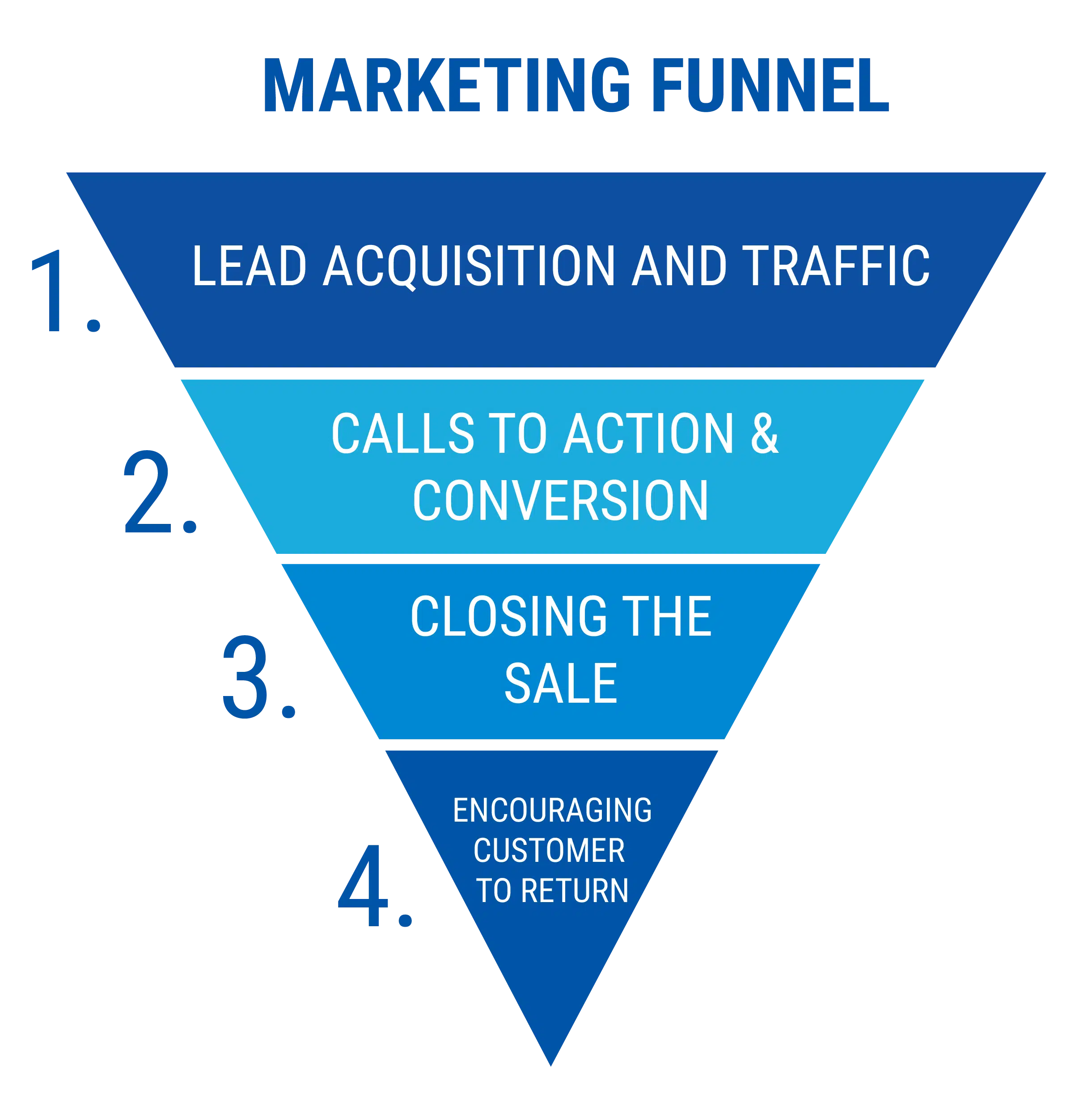

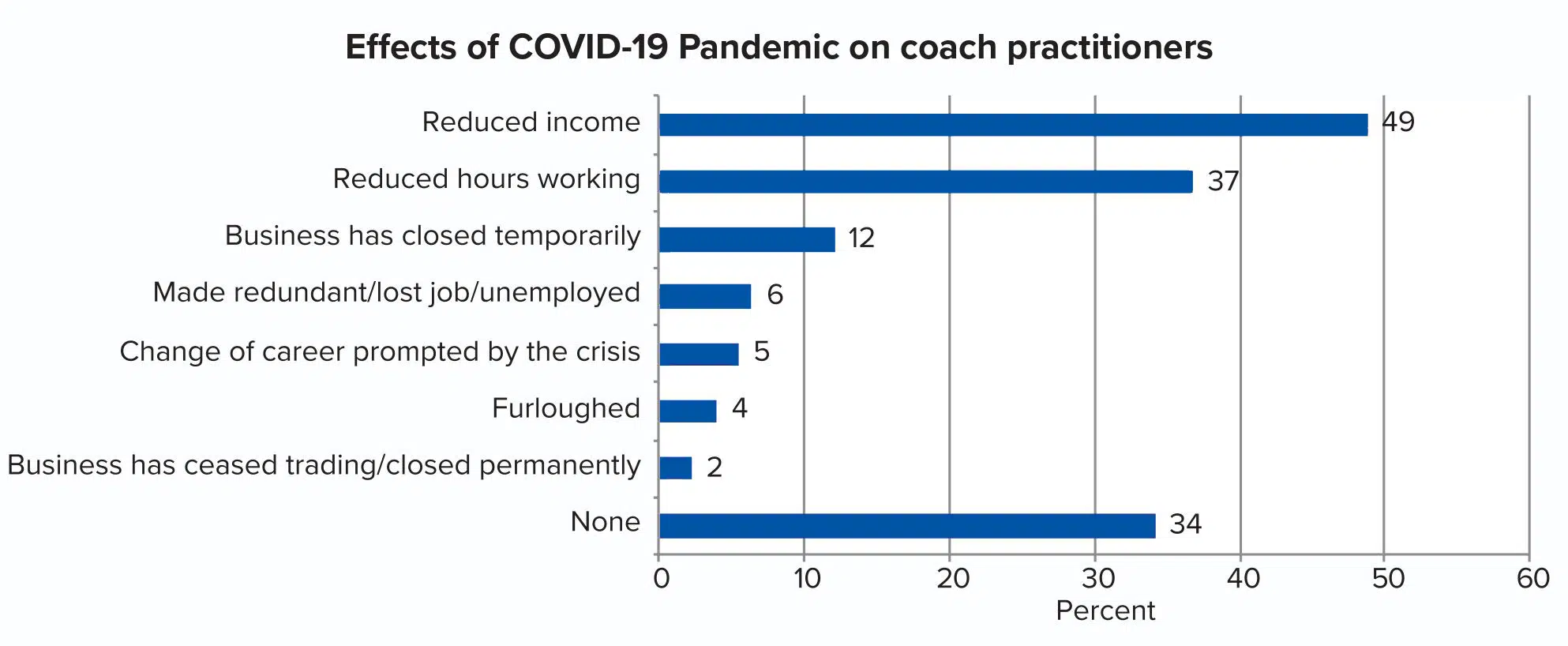
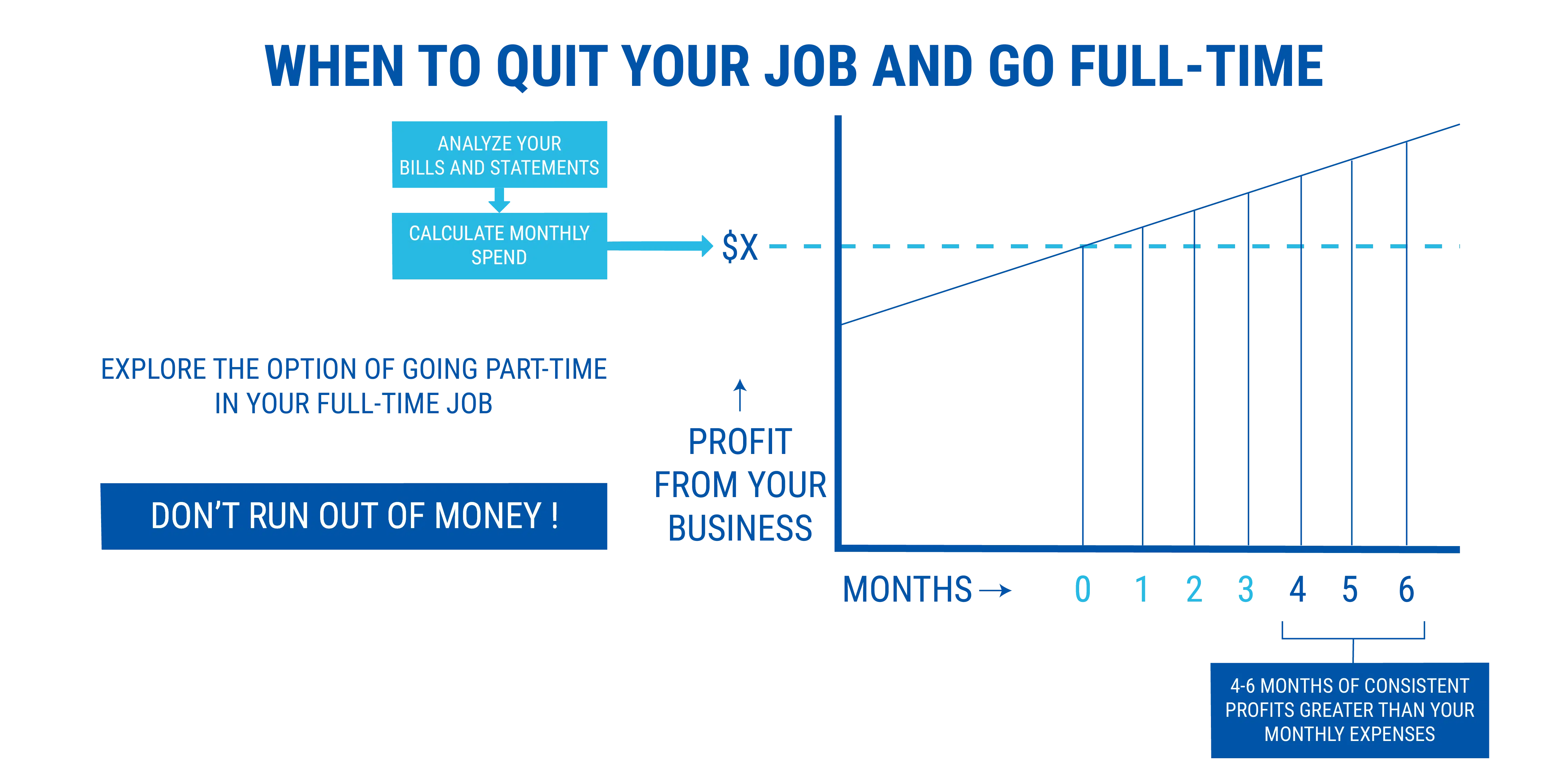






I have read “Transforming Your Life” by Sai and honestly, it has helped me a lot in creating a spiritual strength.
Thankyou Sai!
Thanks for sharing this great piece of information. You are an amazing inspiration.
Hey coach, I truly appreciate your sagacious approach in this diverse field of coaching. Thank you for helping us.
I want to start a coaching company with all my colleagues helping people in different aspects of their lives. Can we coach a group of 10-15 clients per coach simultaneously?
You are right that people have misconceptions about life coaches, and they expect them to hold their fingers and make them walk through the situation. That is utterly not the job of a life coach.
I have been consistently following your blog for the past few months. Always worth reading content full of practical knowledge.
I was searching for ways to begin a coaching session and luckily, I landed upon this very comprehensive and insightful article, outlining the basics to go with. Thank you so much, Sai.
To be a coach, you must have a mentor to coach you first. And I think you are one of the few people who can lead the newcomers through the process smoothly. Appreciate the effort to put a thorough passage to begin the journey.
You have talked about the best funnel system. Can you please name one? It would be really helpful.
You are absolutely right about listening skills. Life coaches have to be good listeners at first. A well-written article as a whole.
You chose the right career for you Sai, as you know how to put the facts and convince others. Great article that added a lot to my knowledge.
Great piece of information by Sai Blackbyrn. I was here just for a good read and that urge is truly satisfied.
Three-Tier pricing is a great idea for designing your package. Once you are established as an accredited and trusted coach, you can demand what you want. All the tips for the newbies in the field are very helpful. Thank you so much, Sai.
For choosing any career the best philosophy is Dream Gliding philosophy: Follow your heart and your bliss and let your journey unfold in its own time. So is true for the niche selection for a coaching business.
I have recently entered the world of coaching. And I must say that this explanatory guide has helped me a lot in every stage of setting my services. Thank you.
So informative.
Thank you for this information, I am grateful for you and the information you provided.